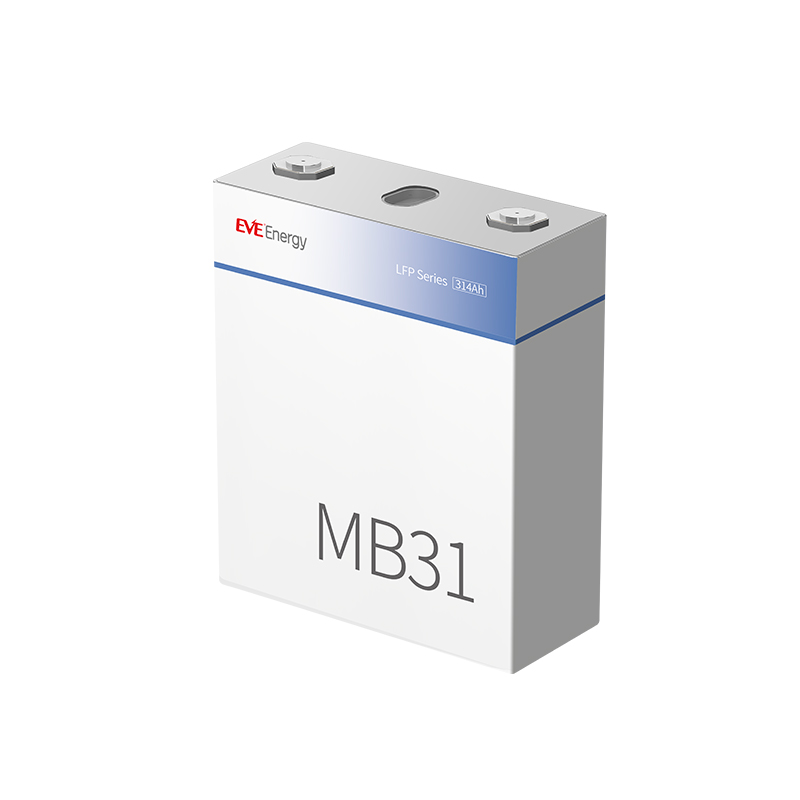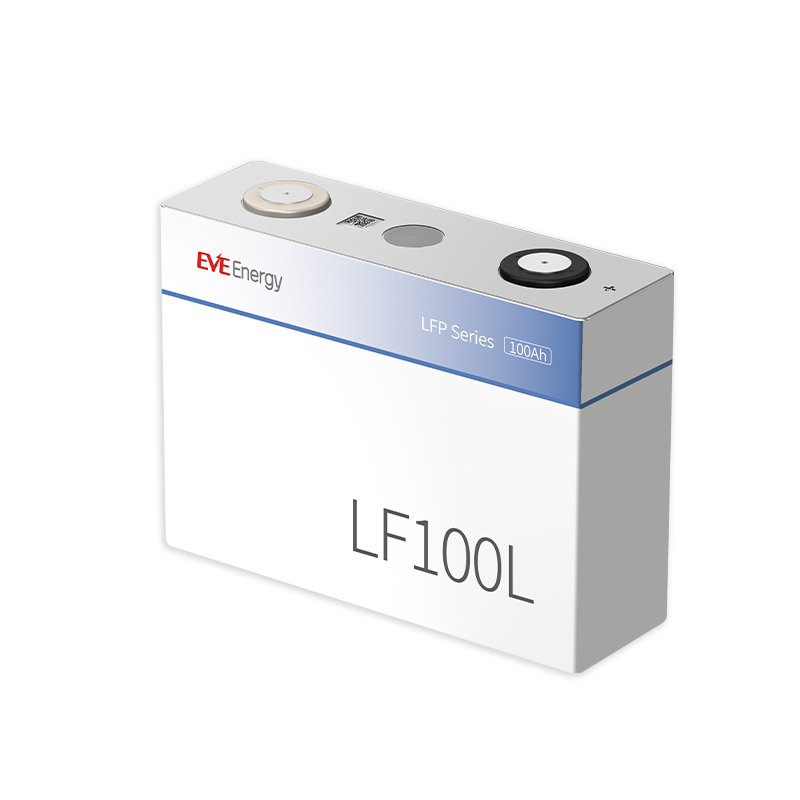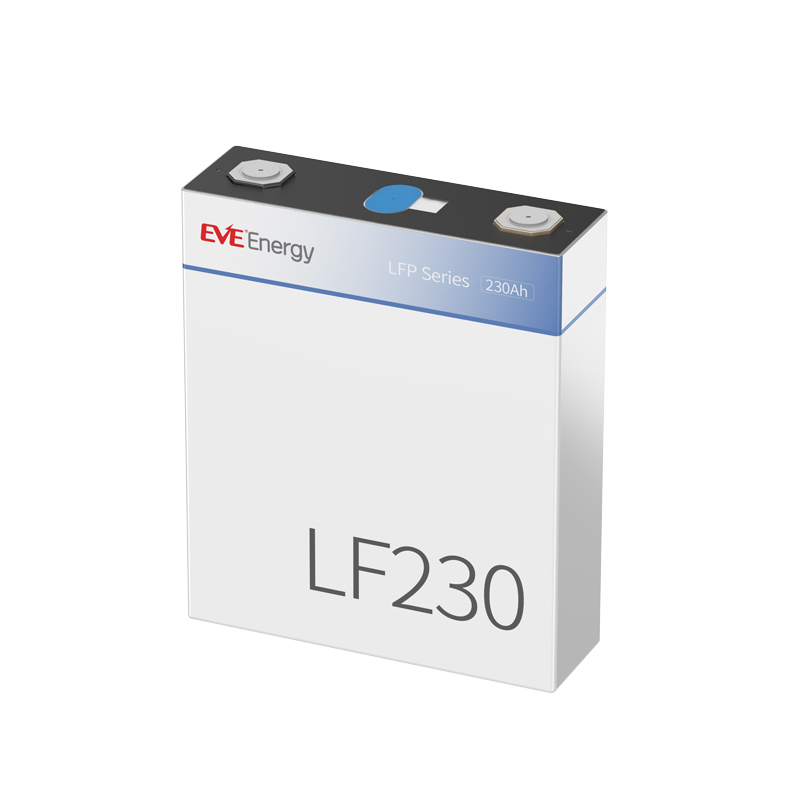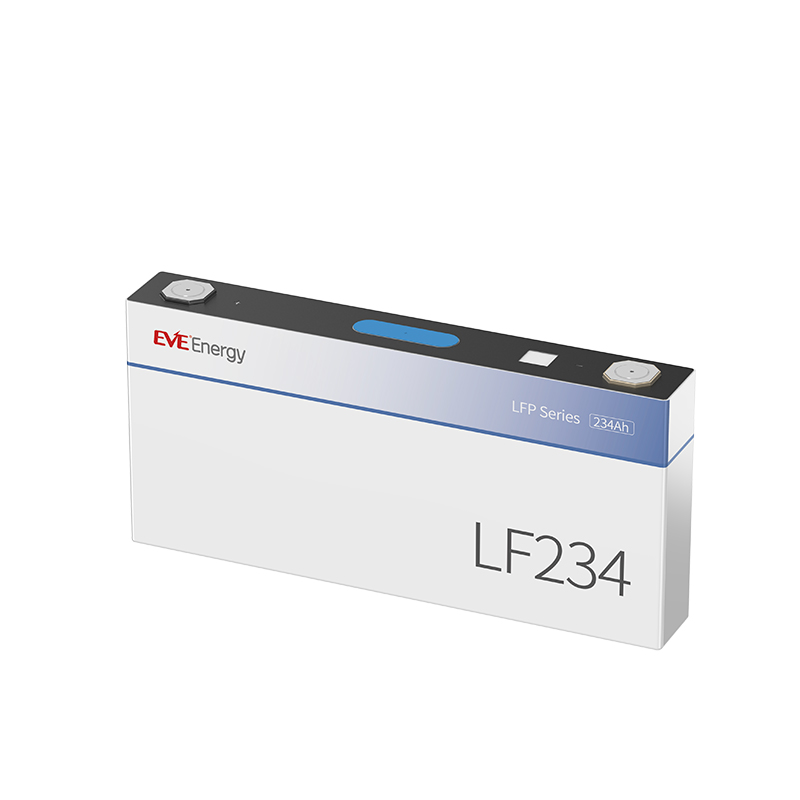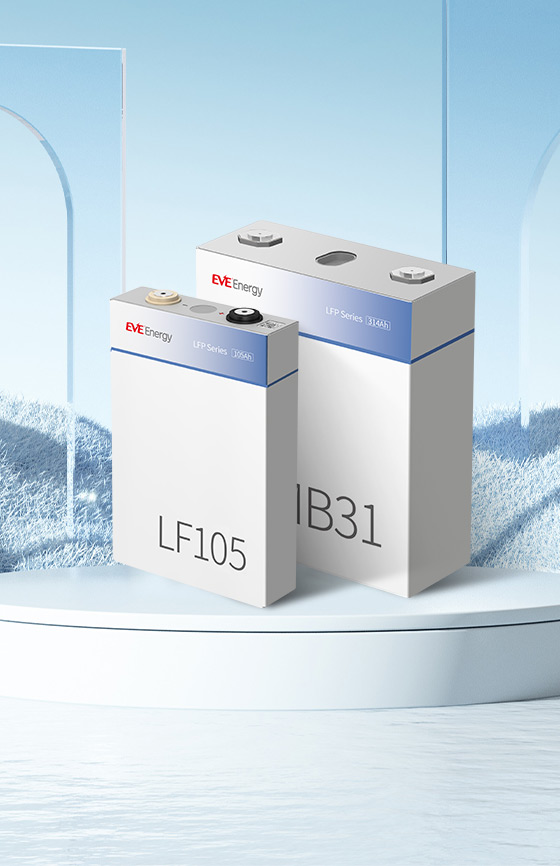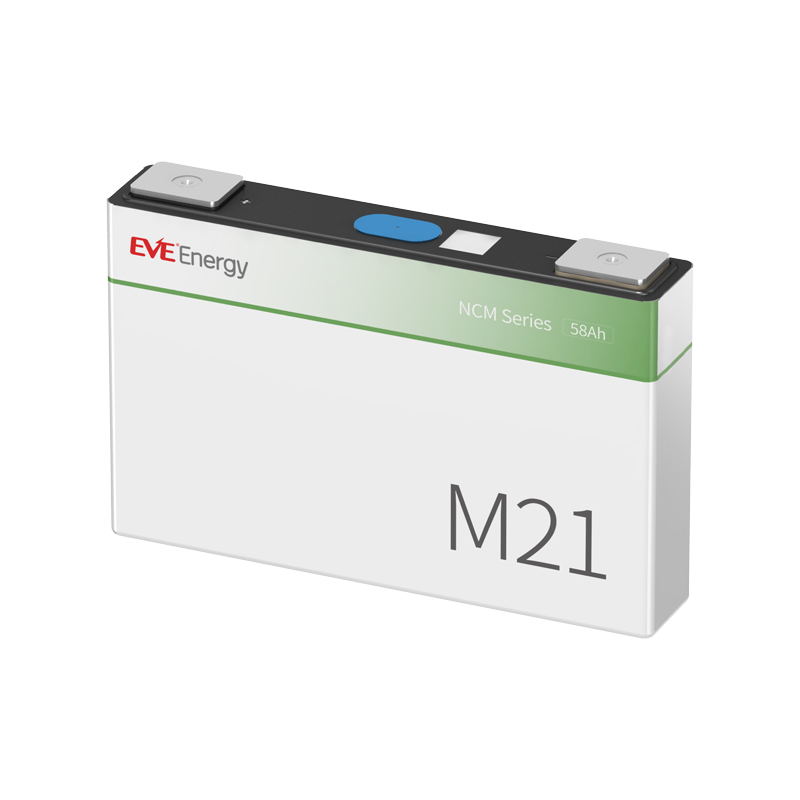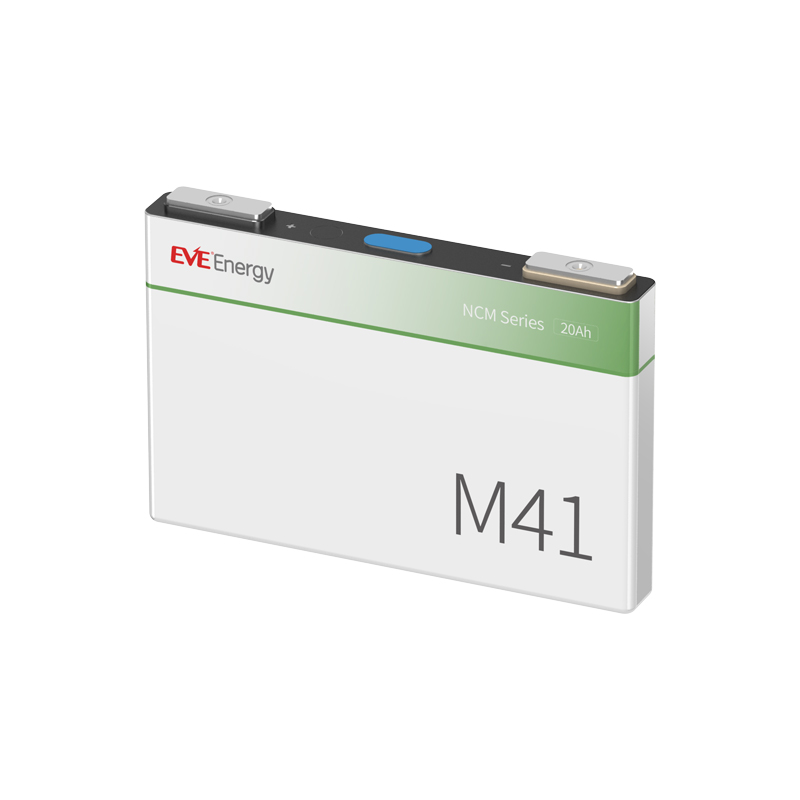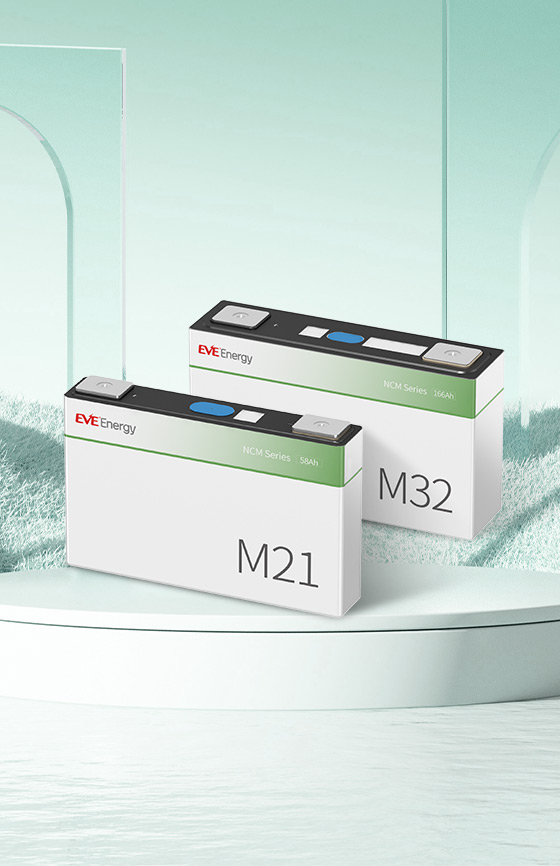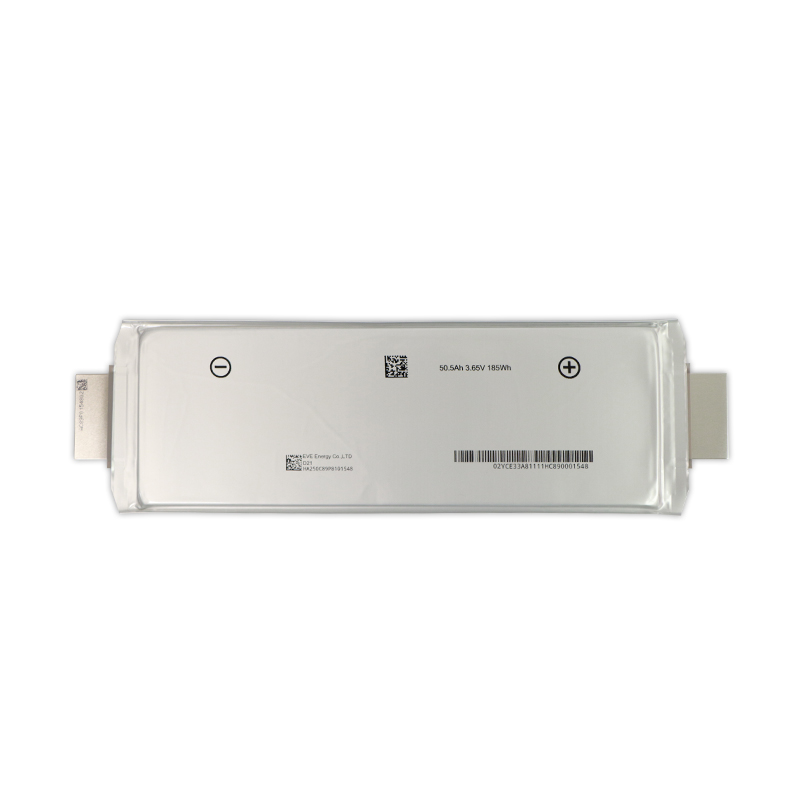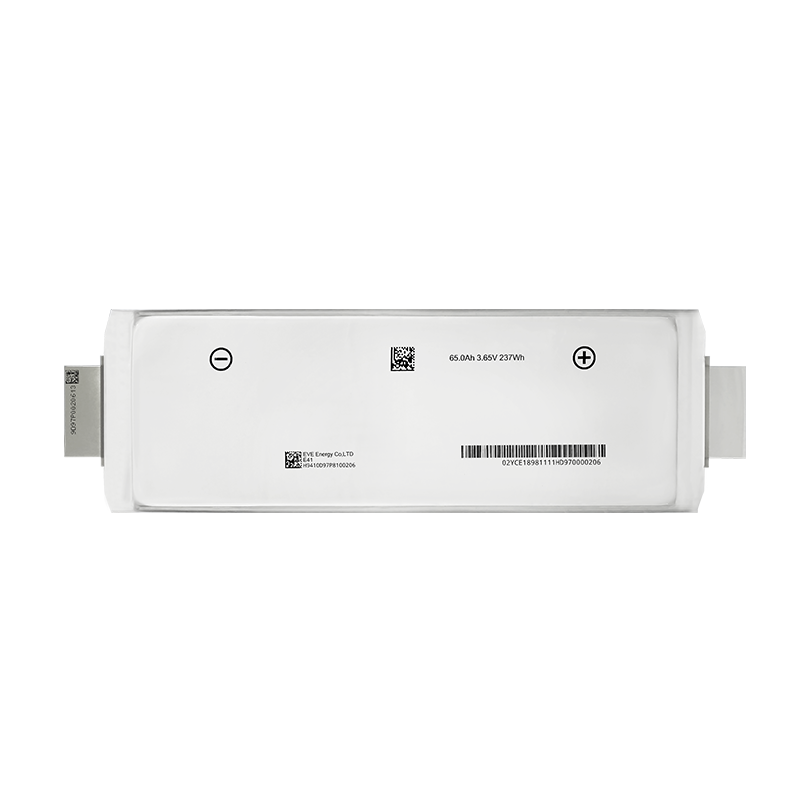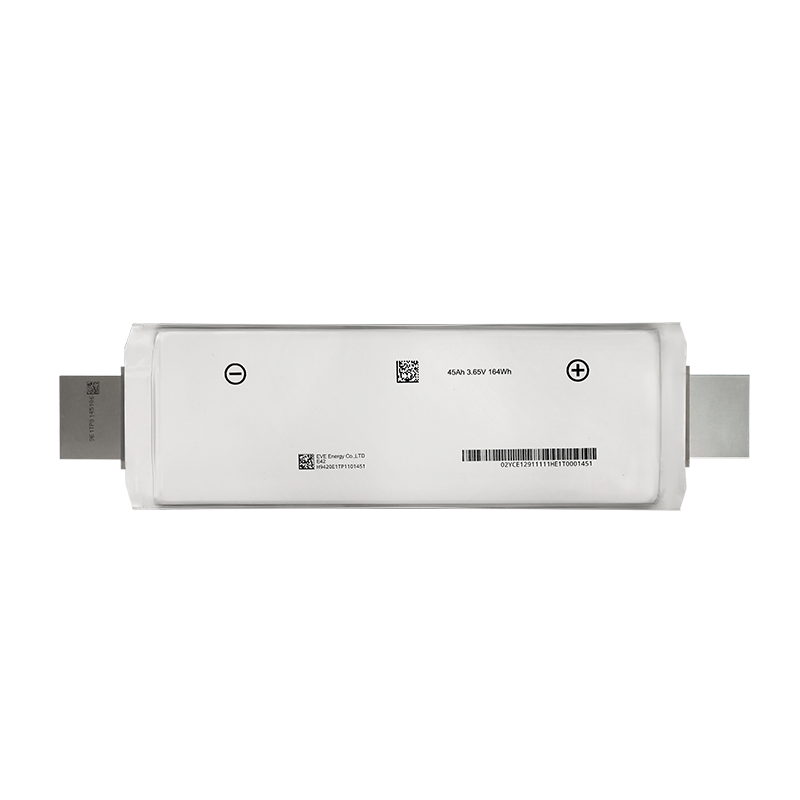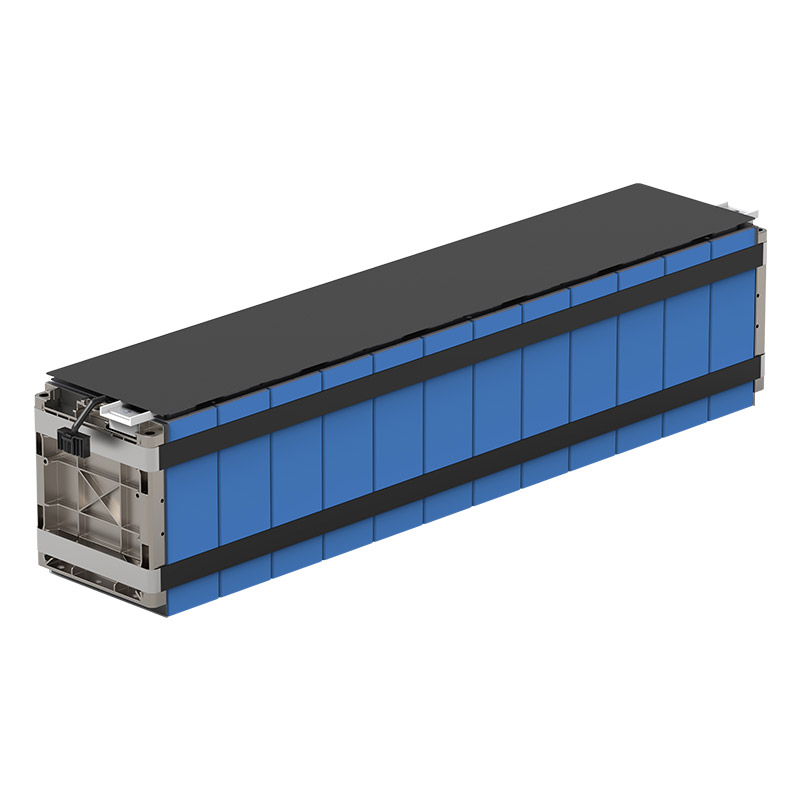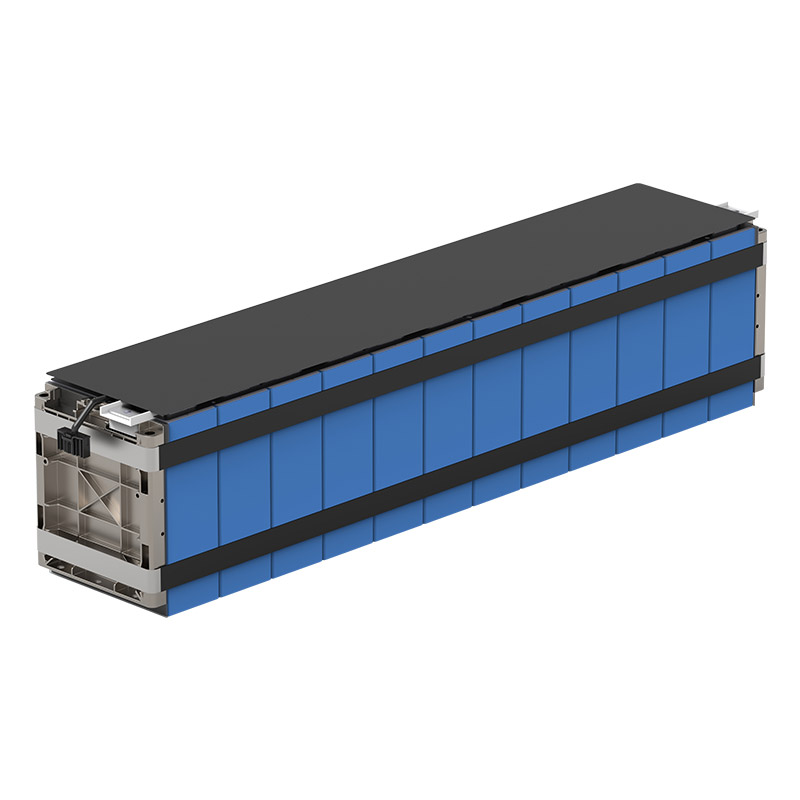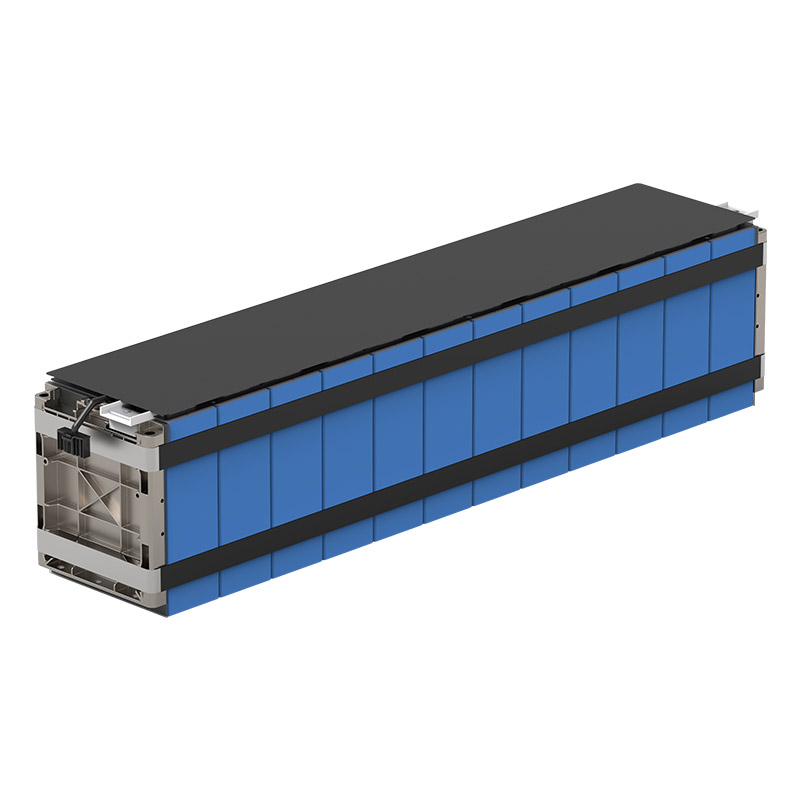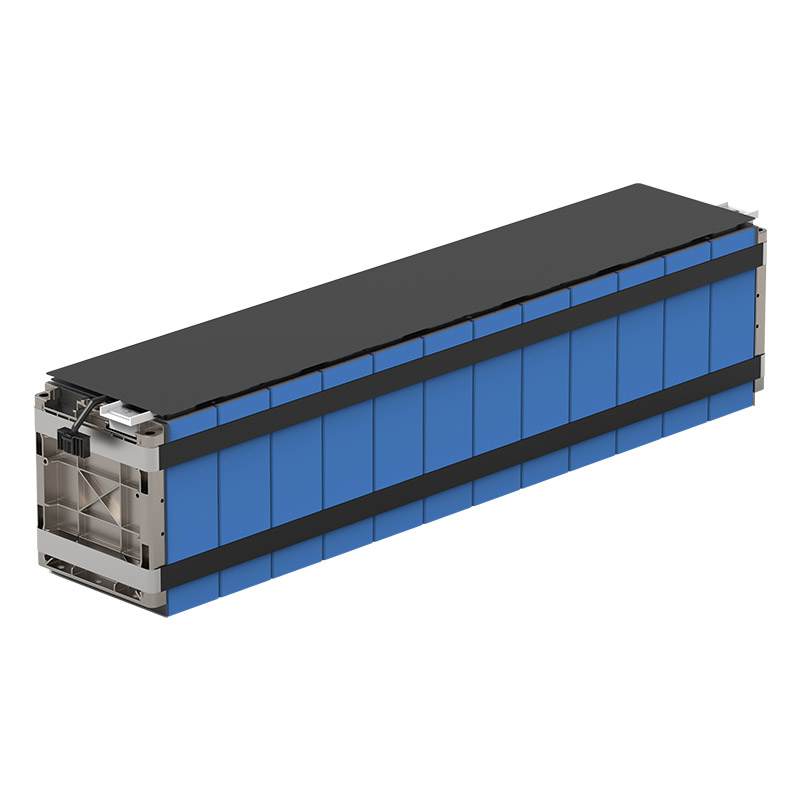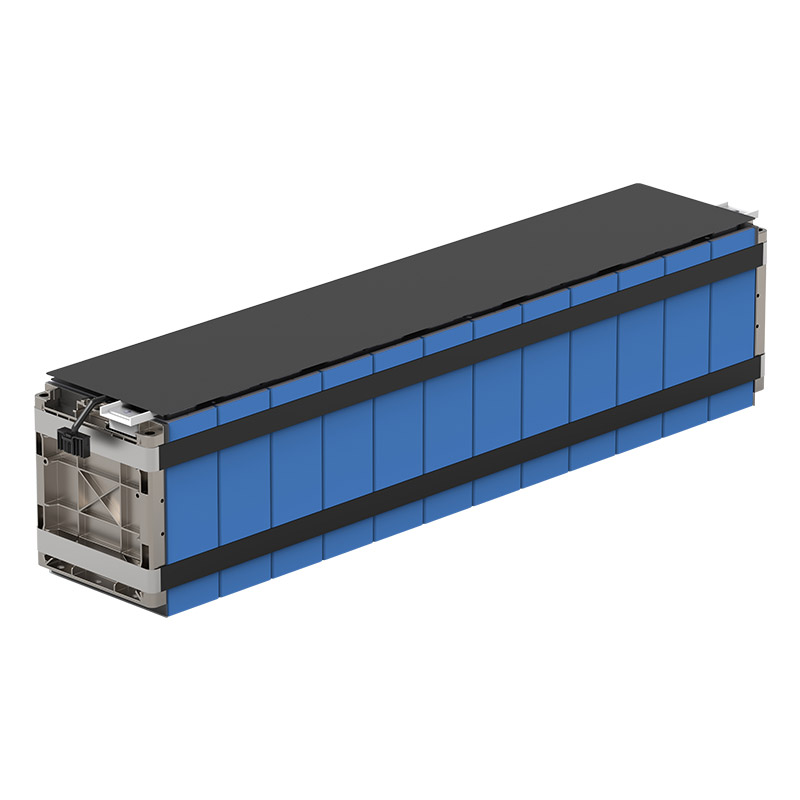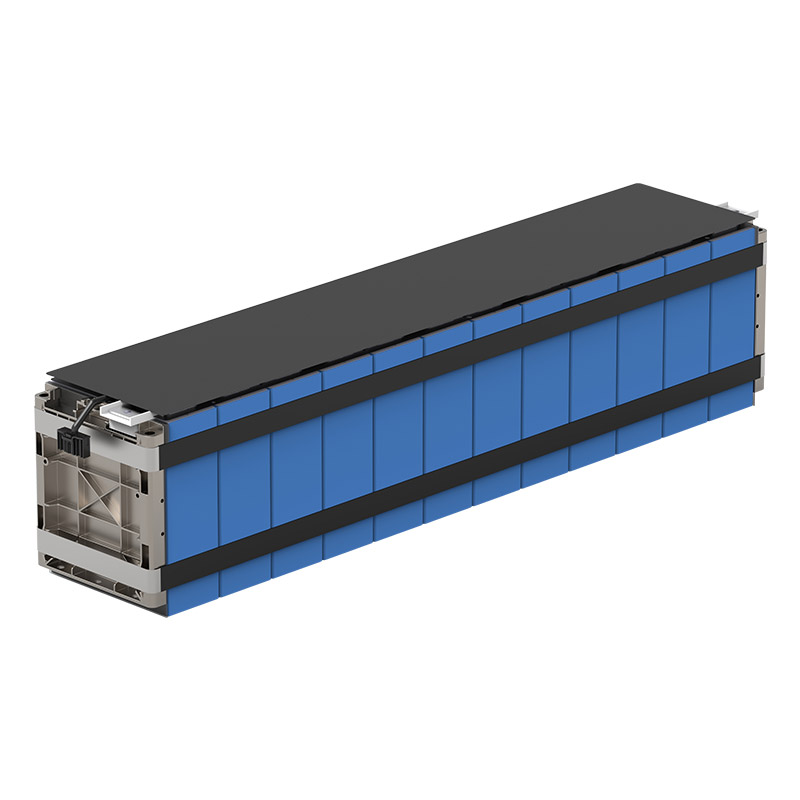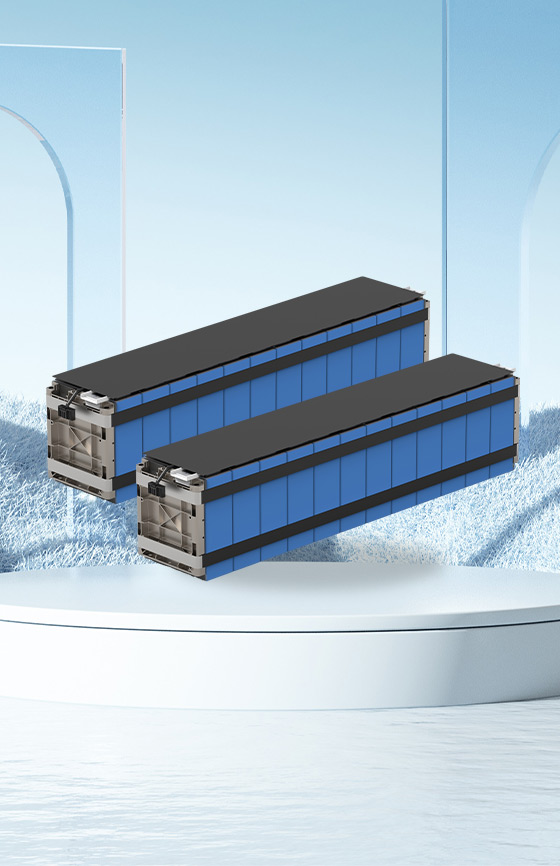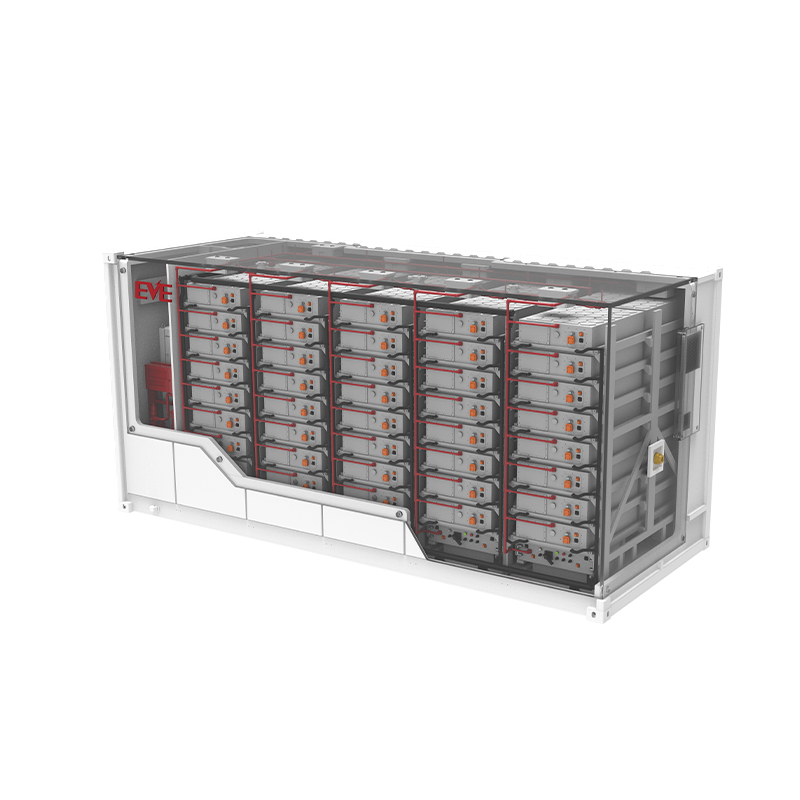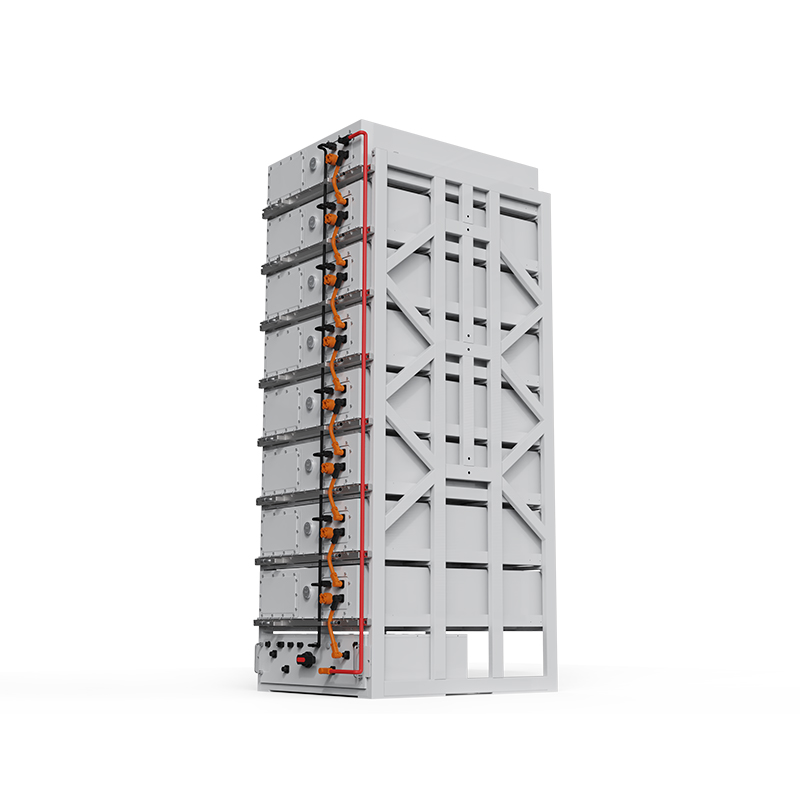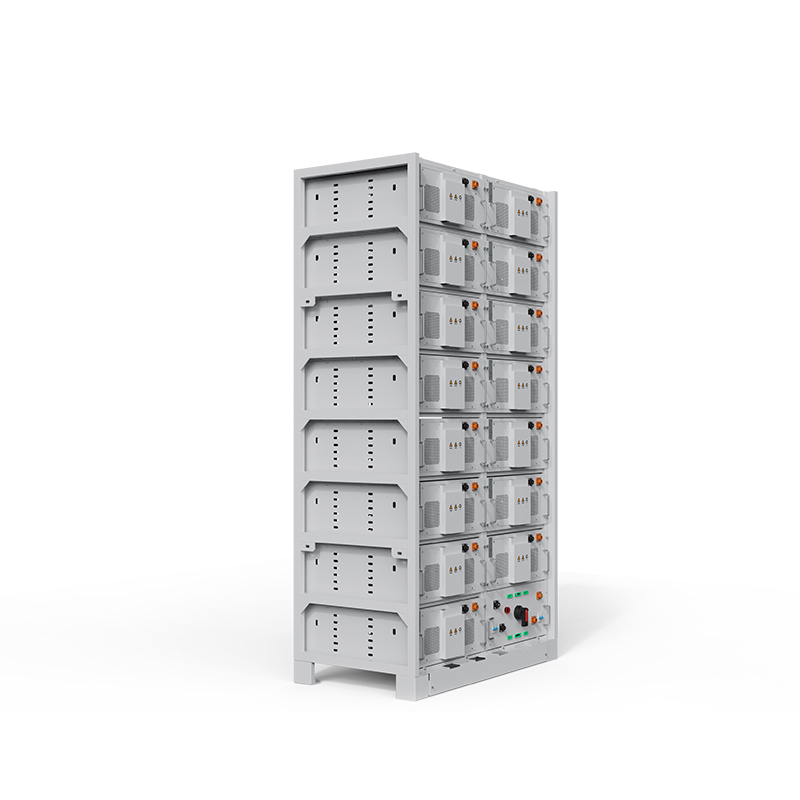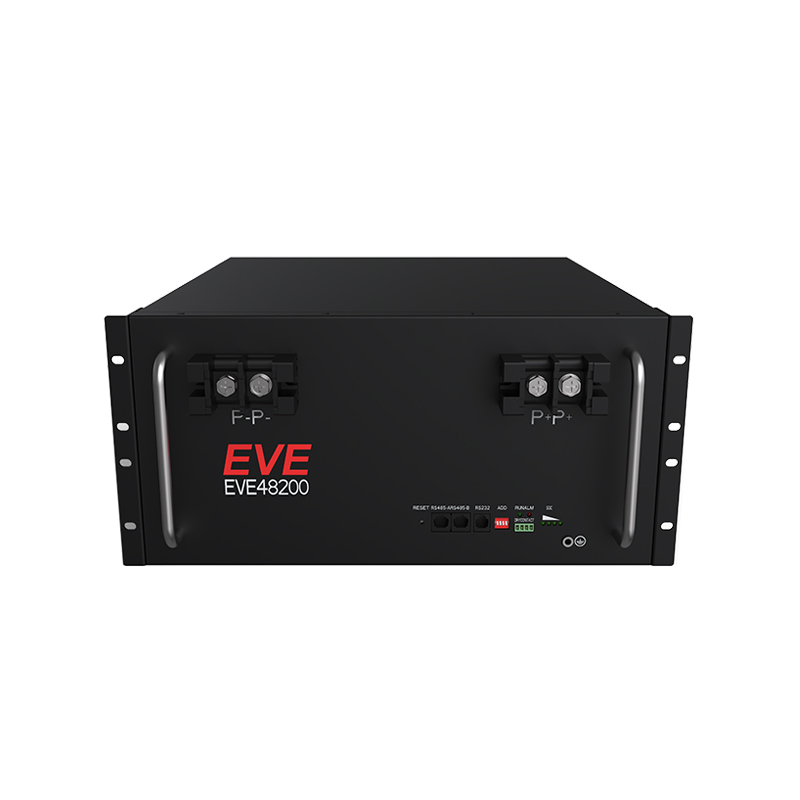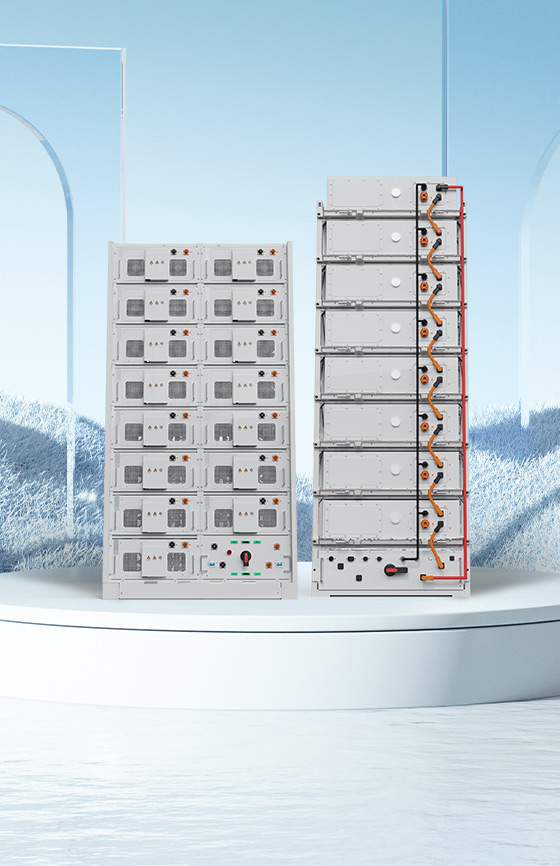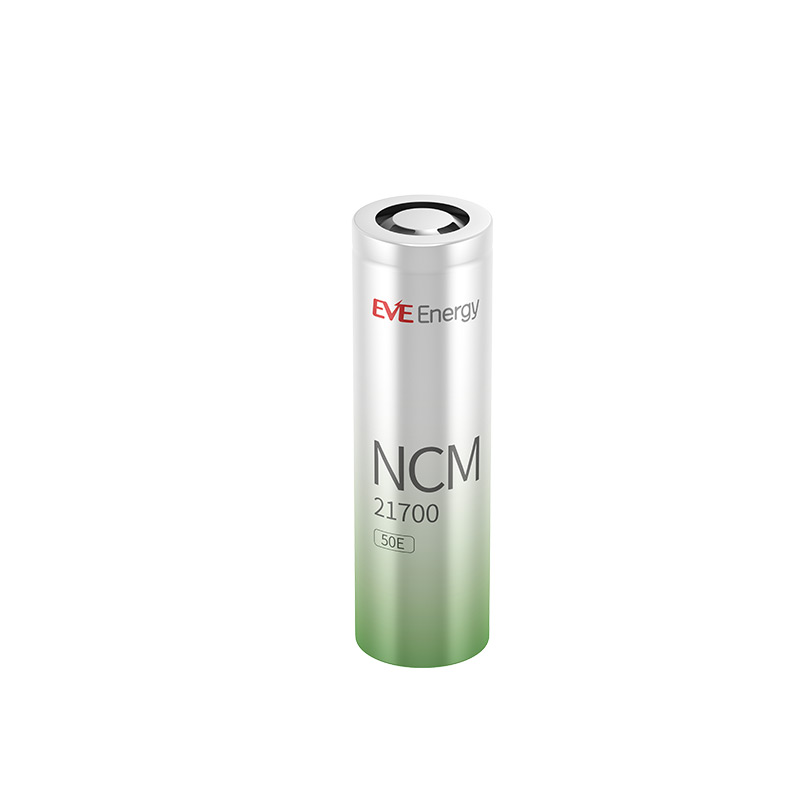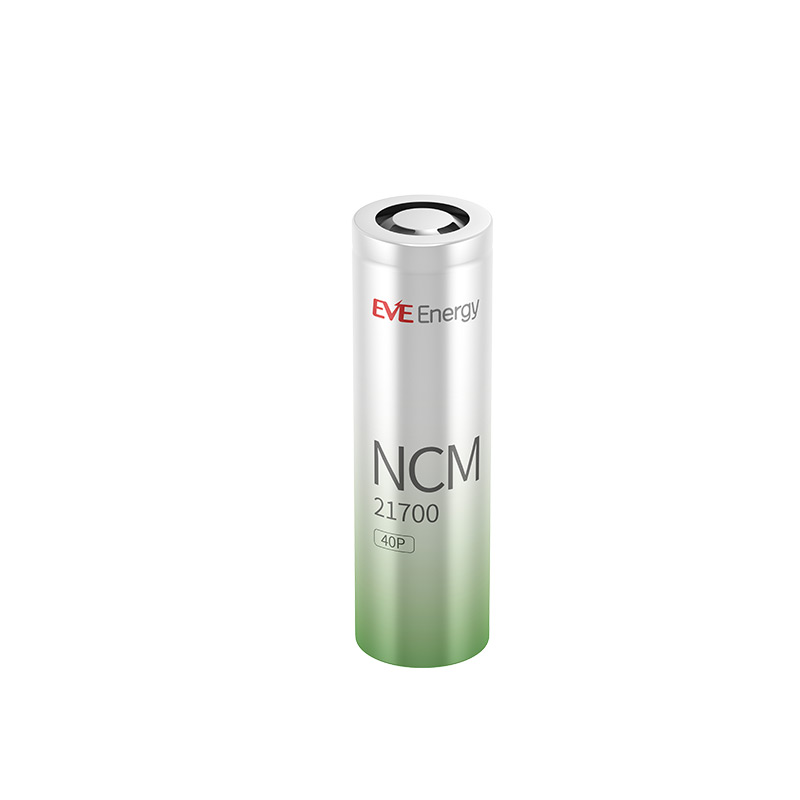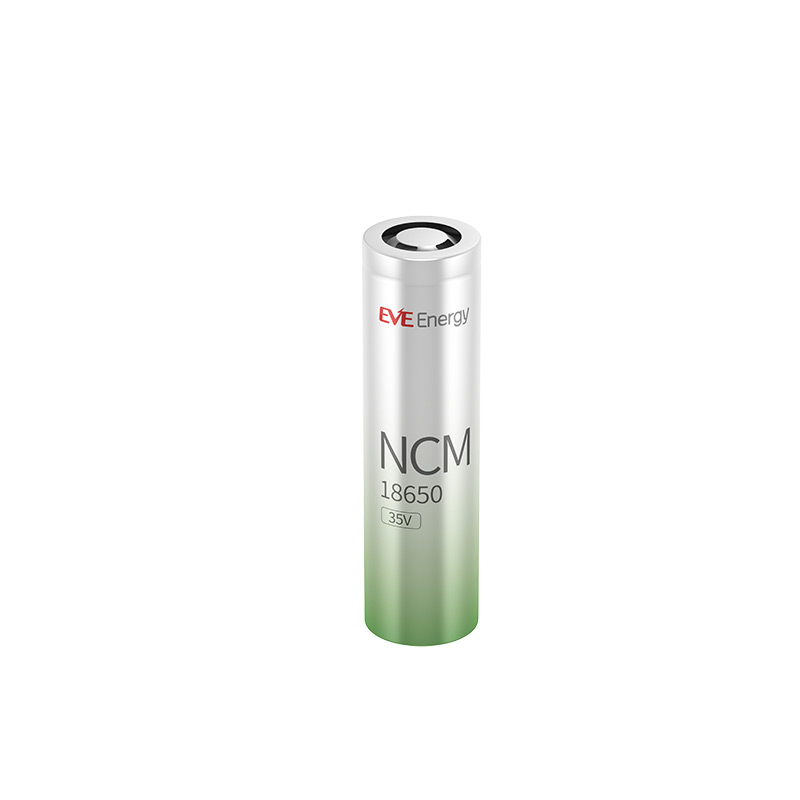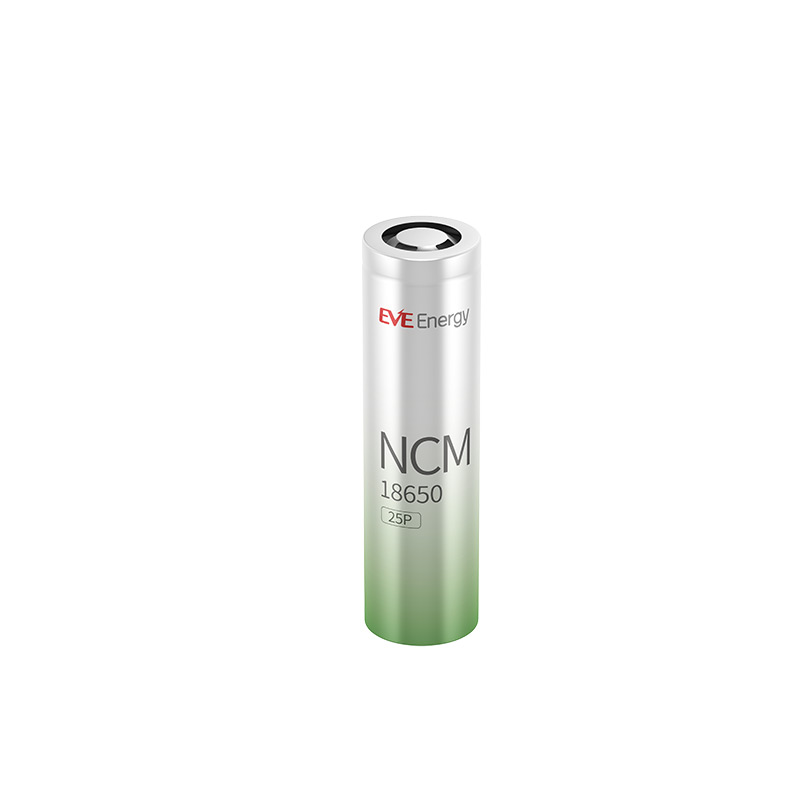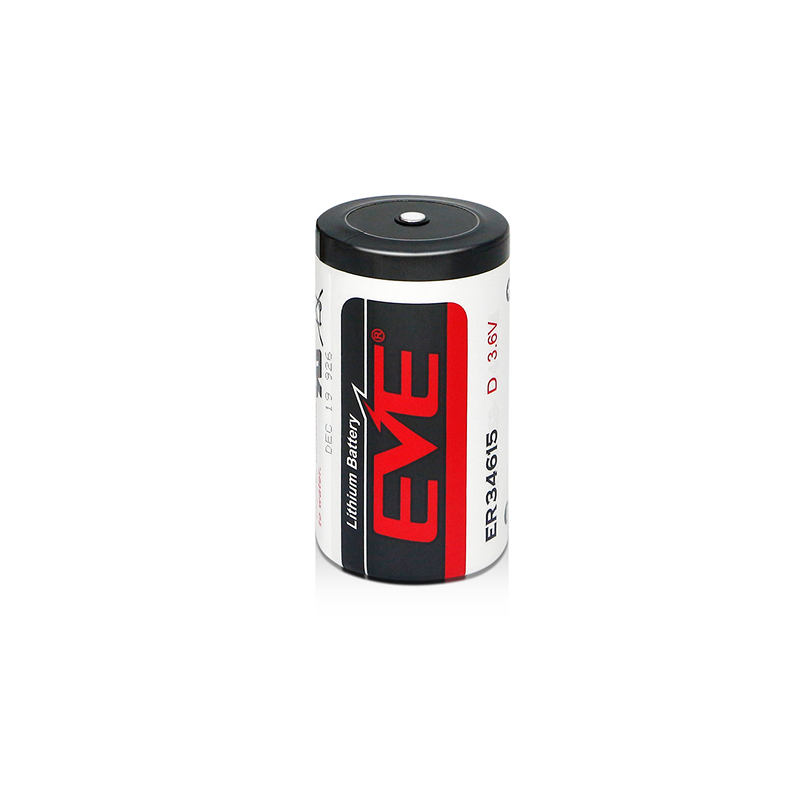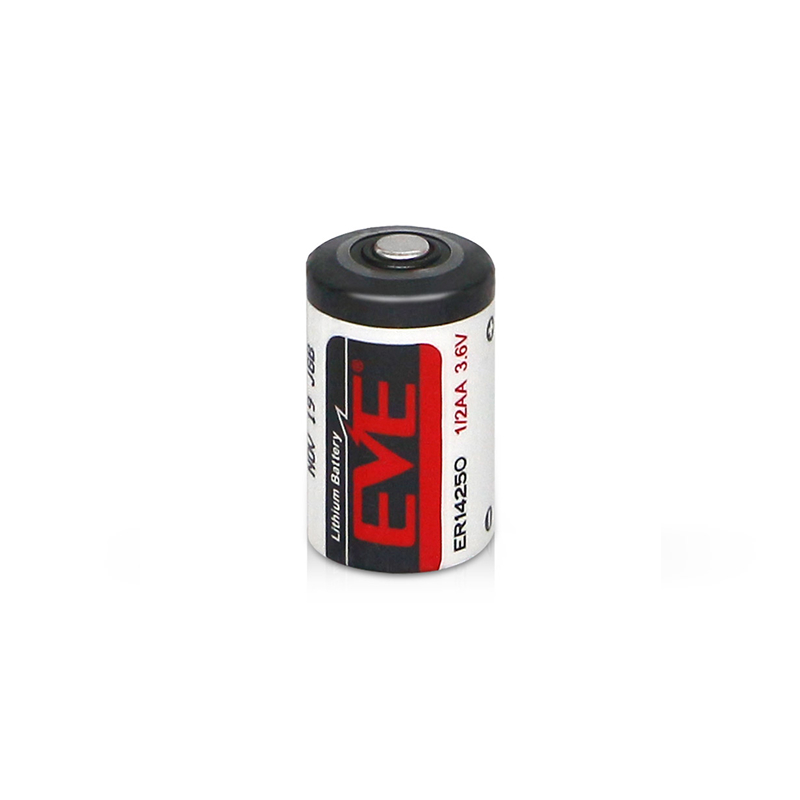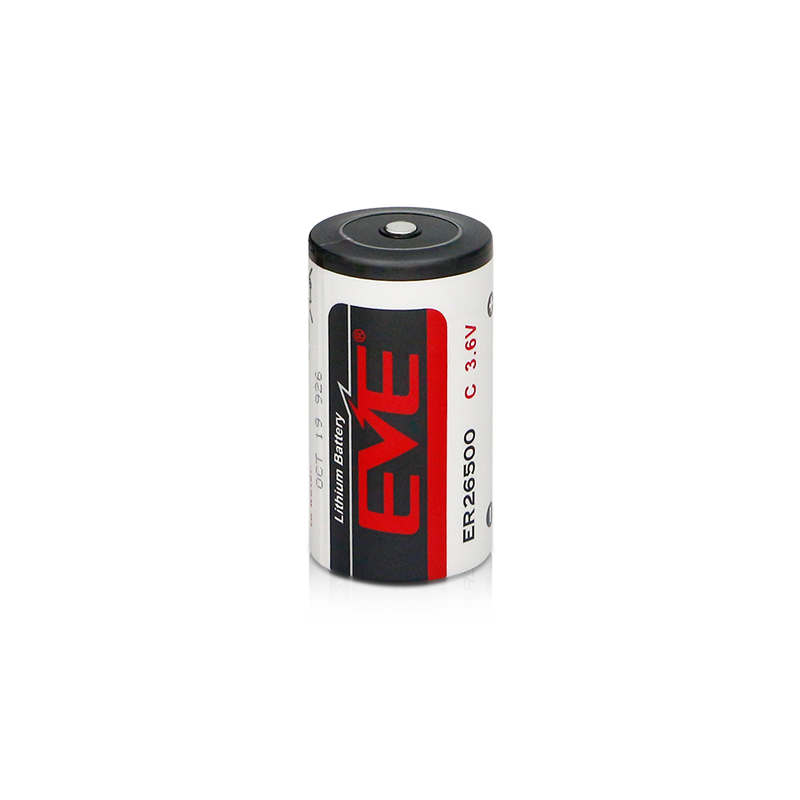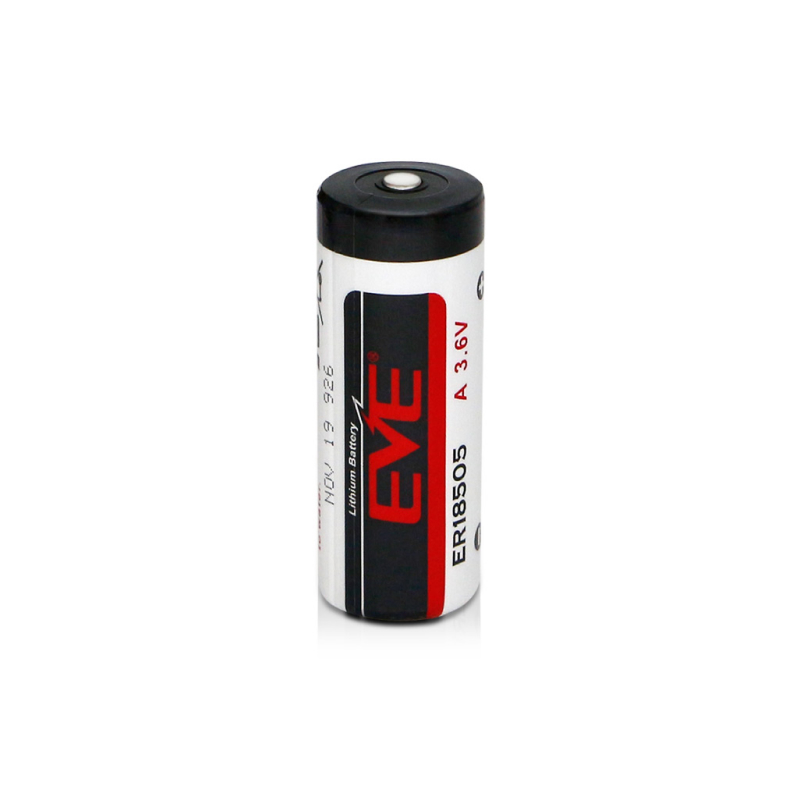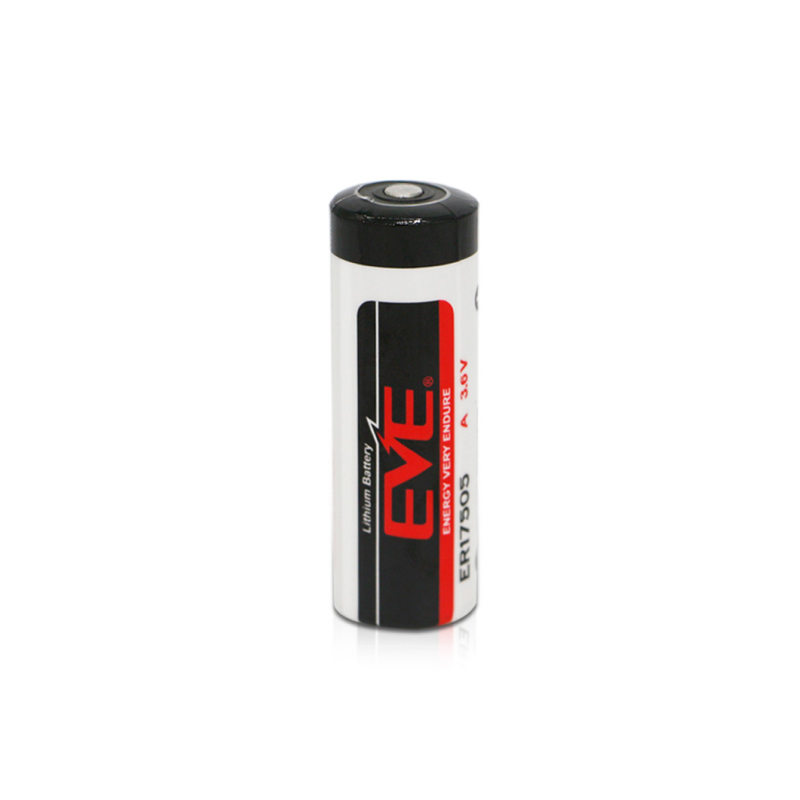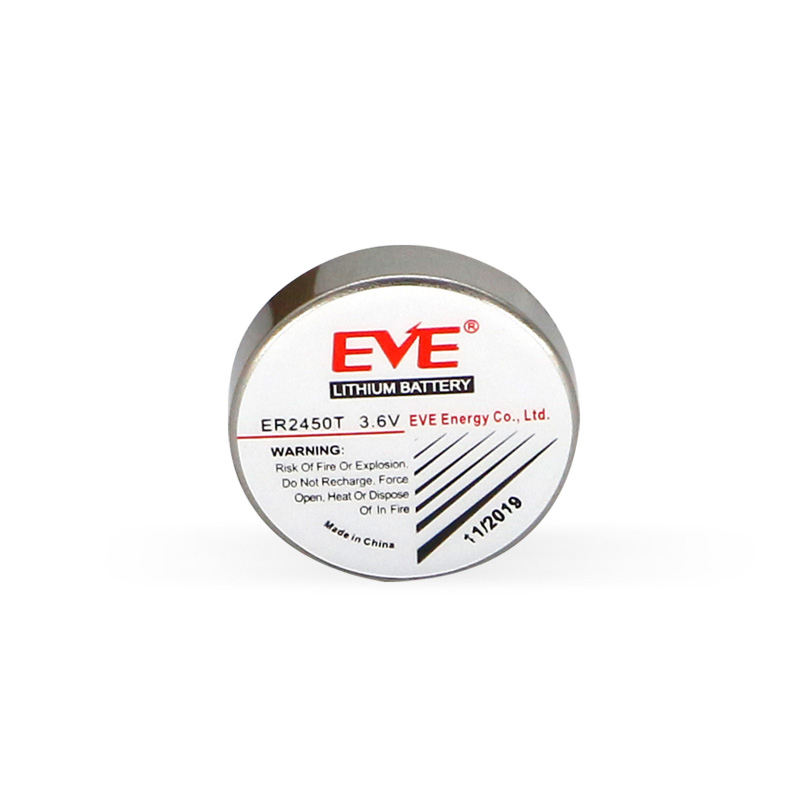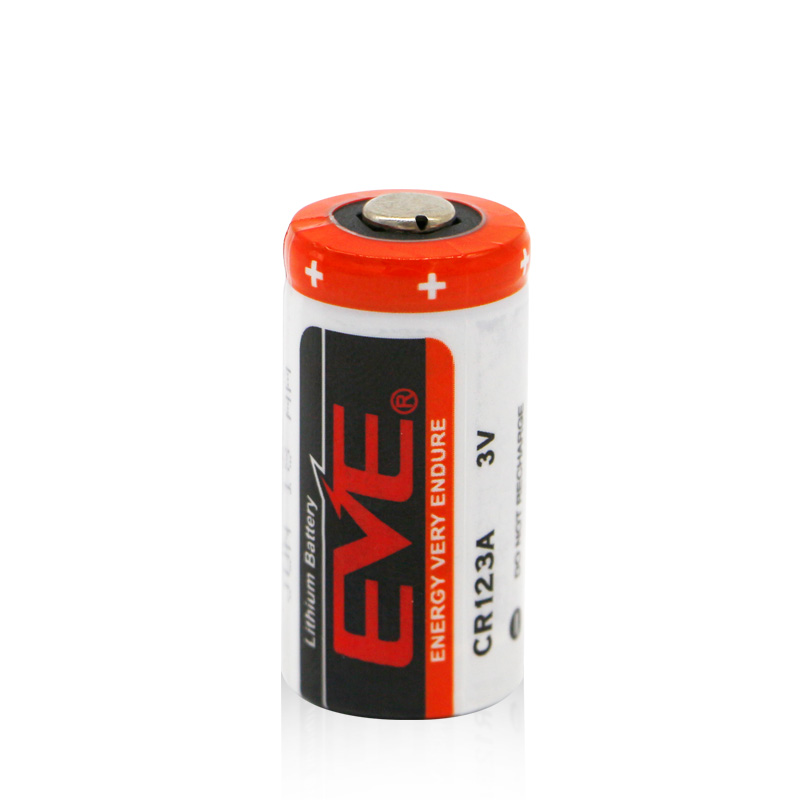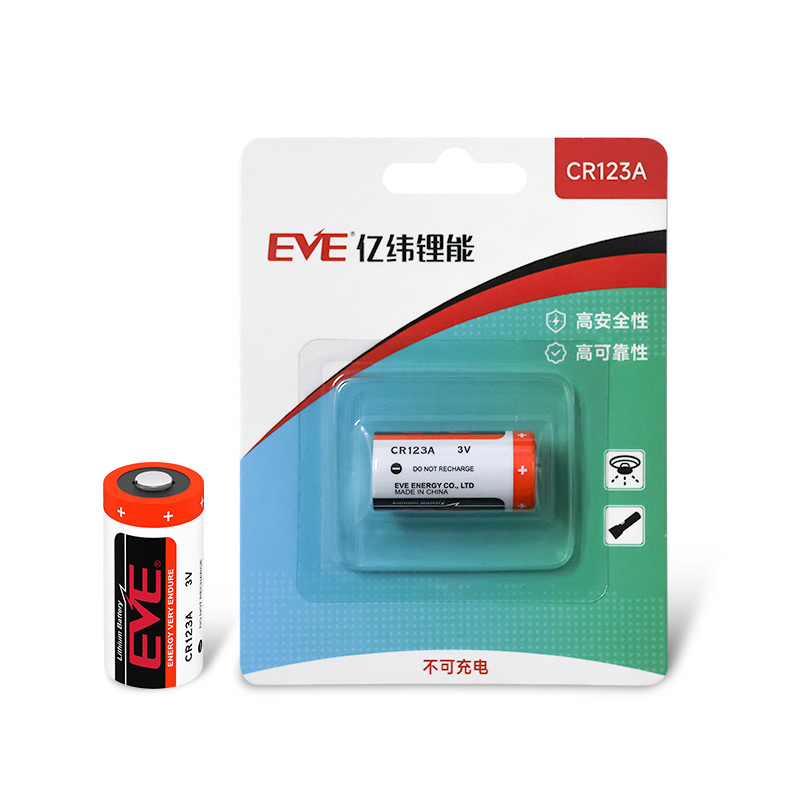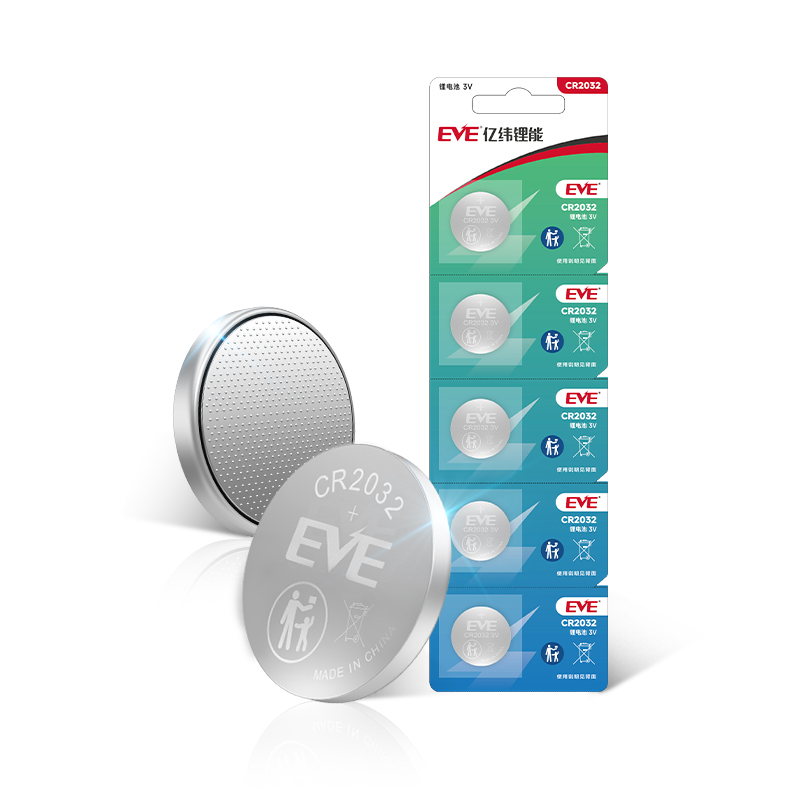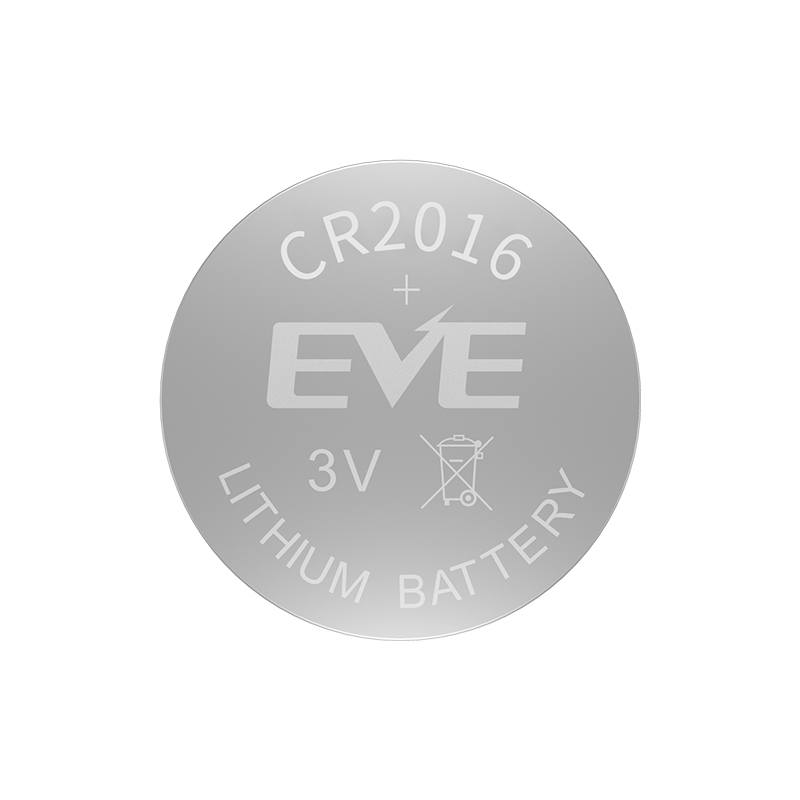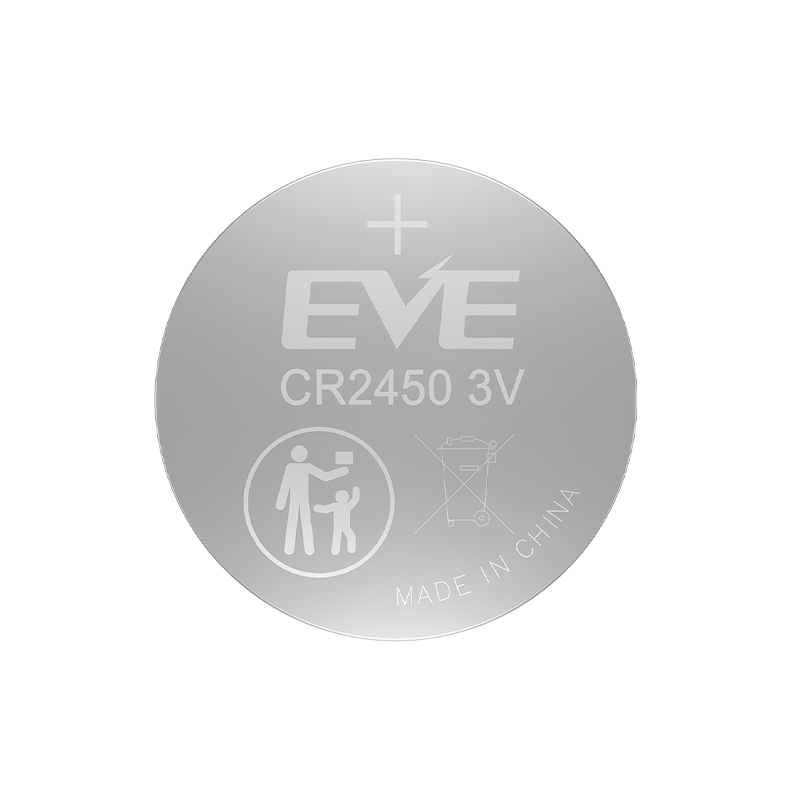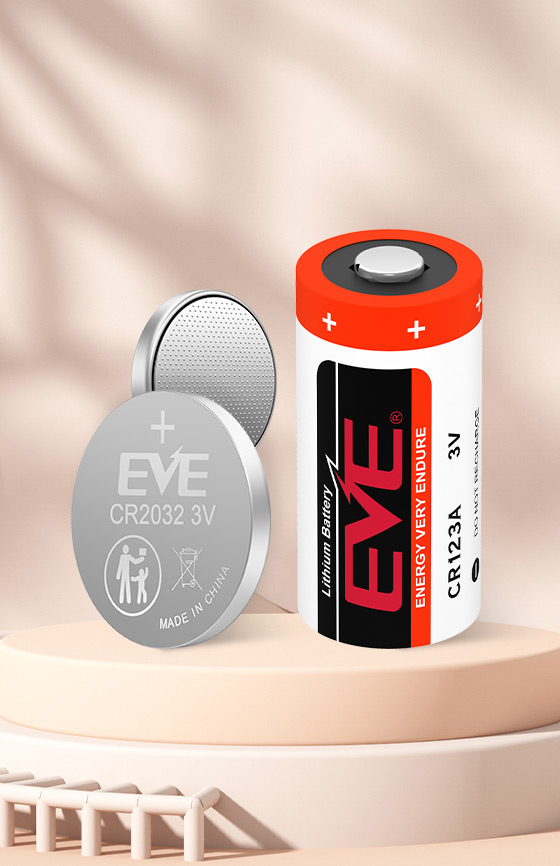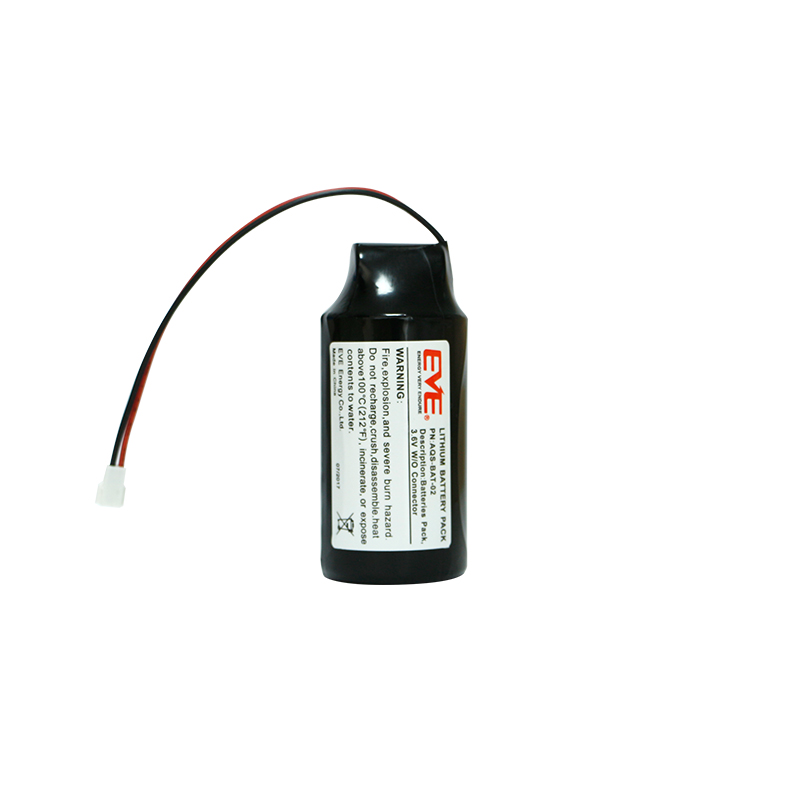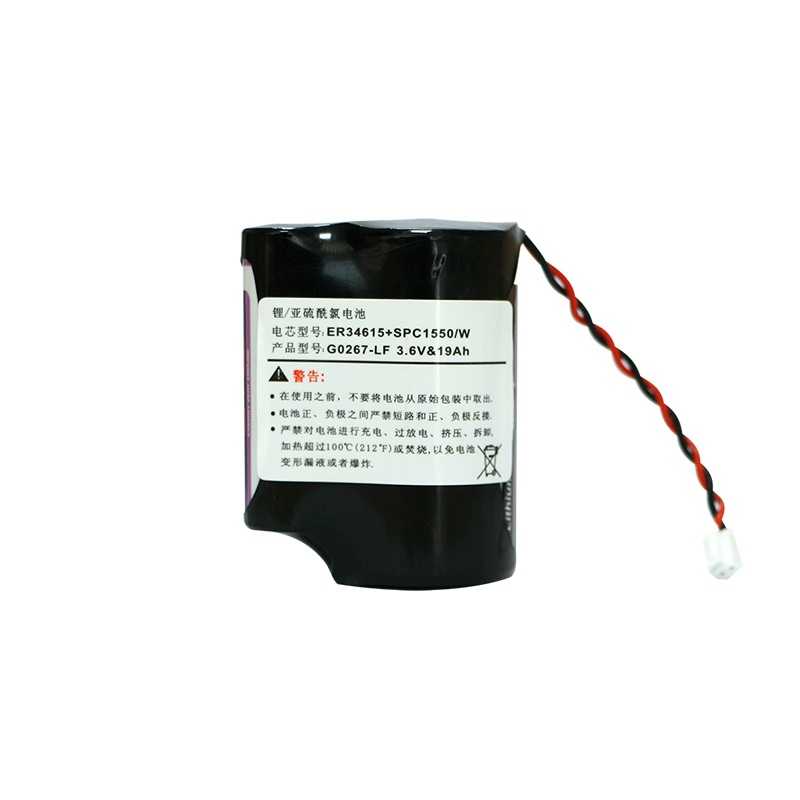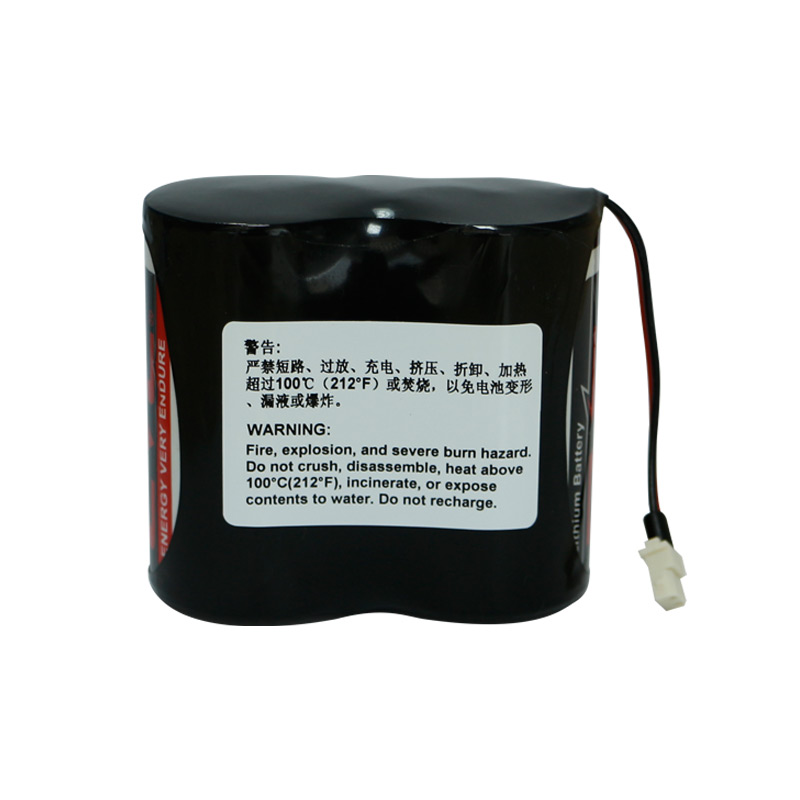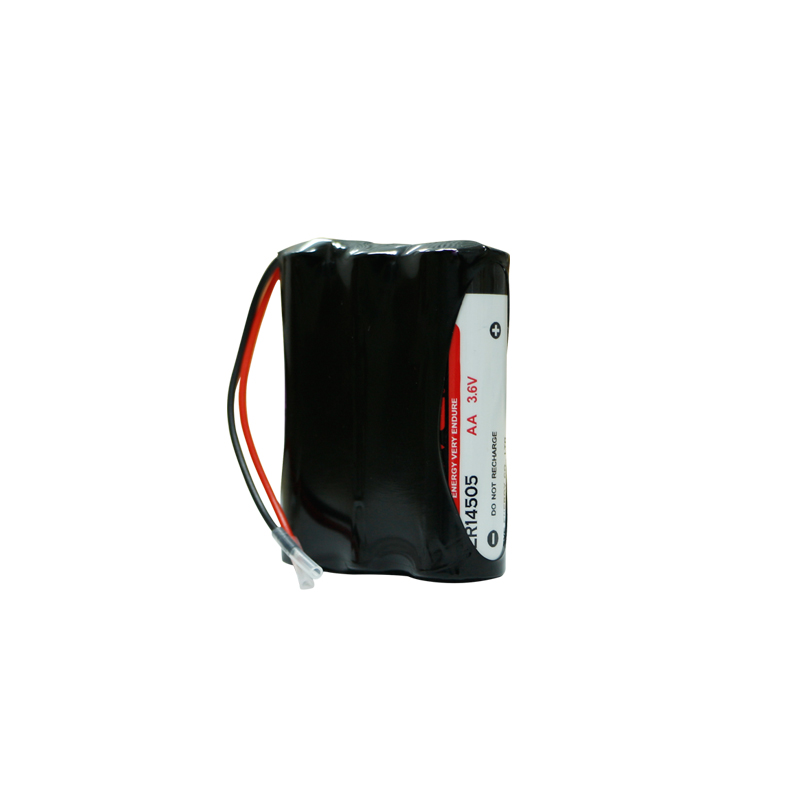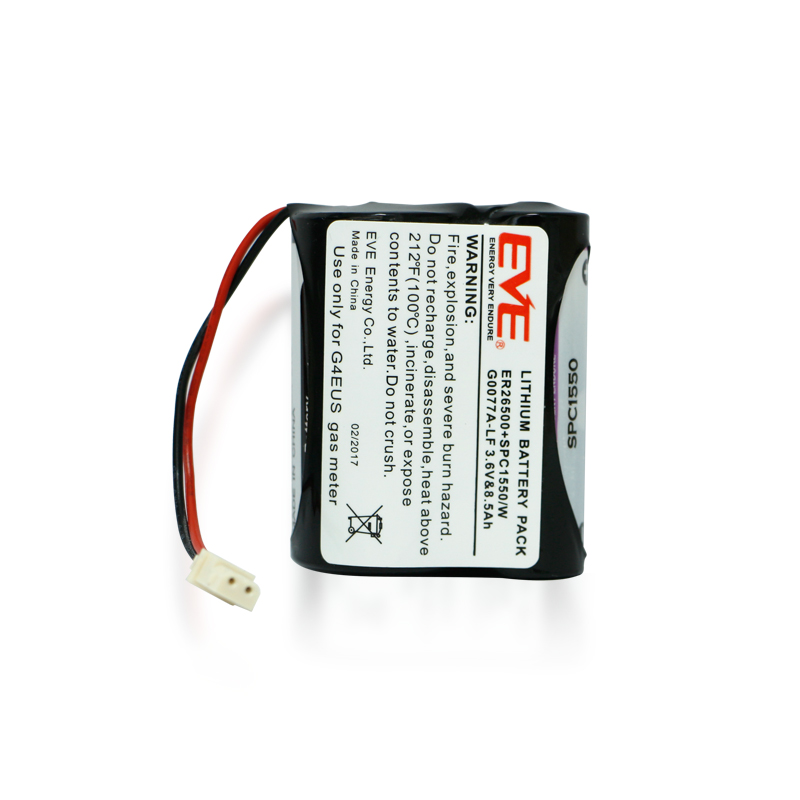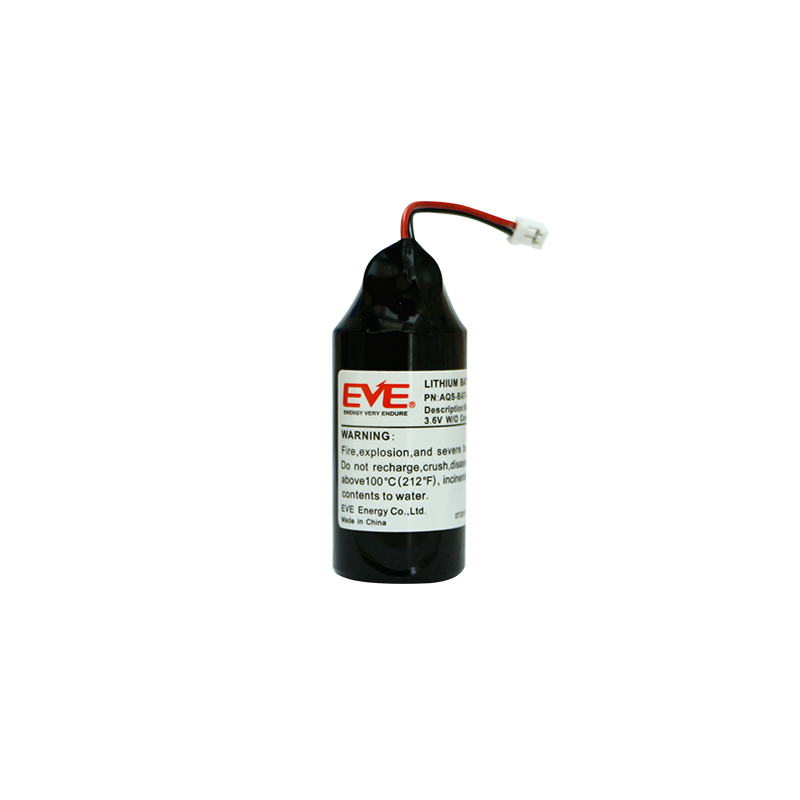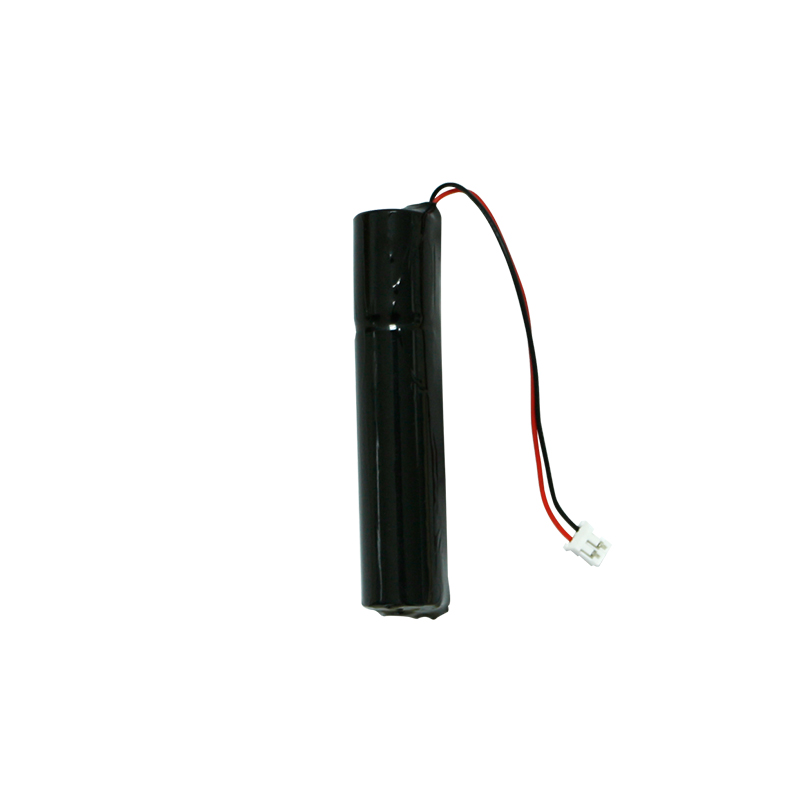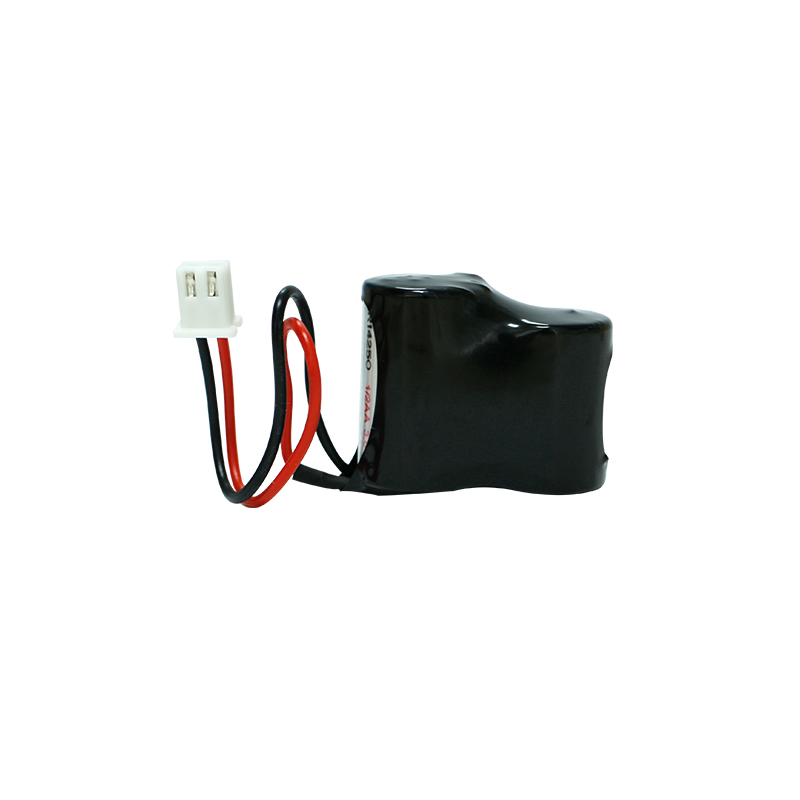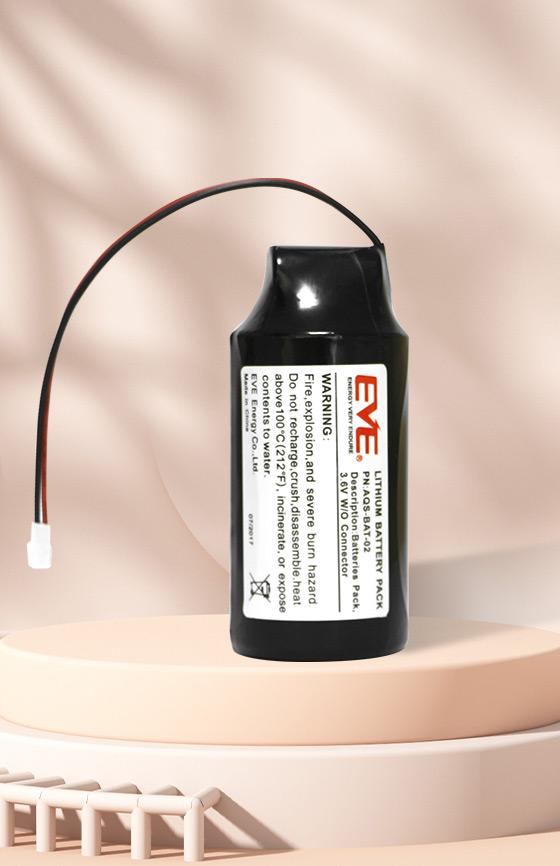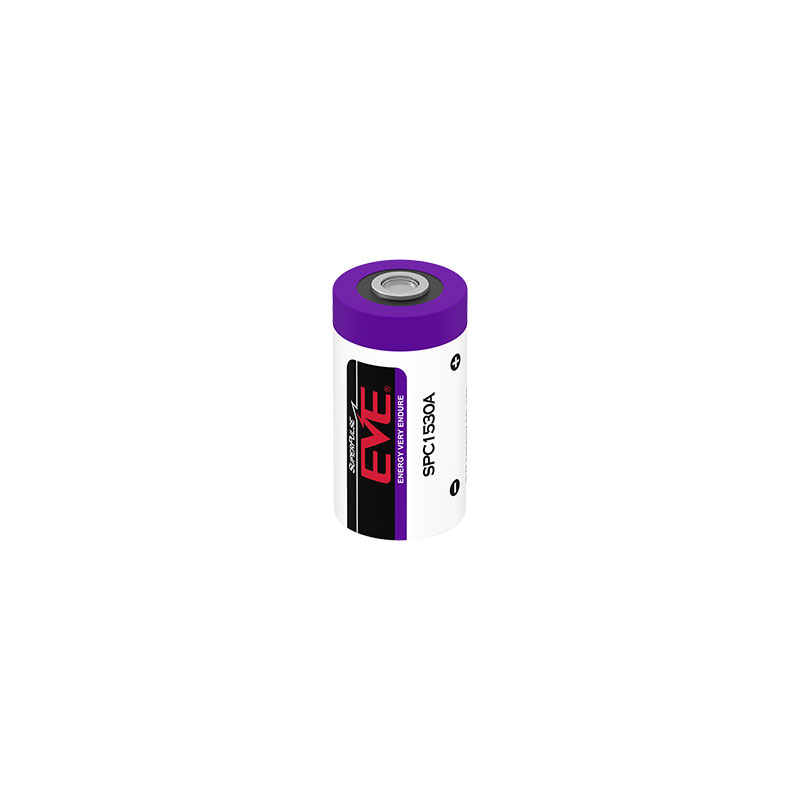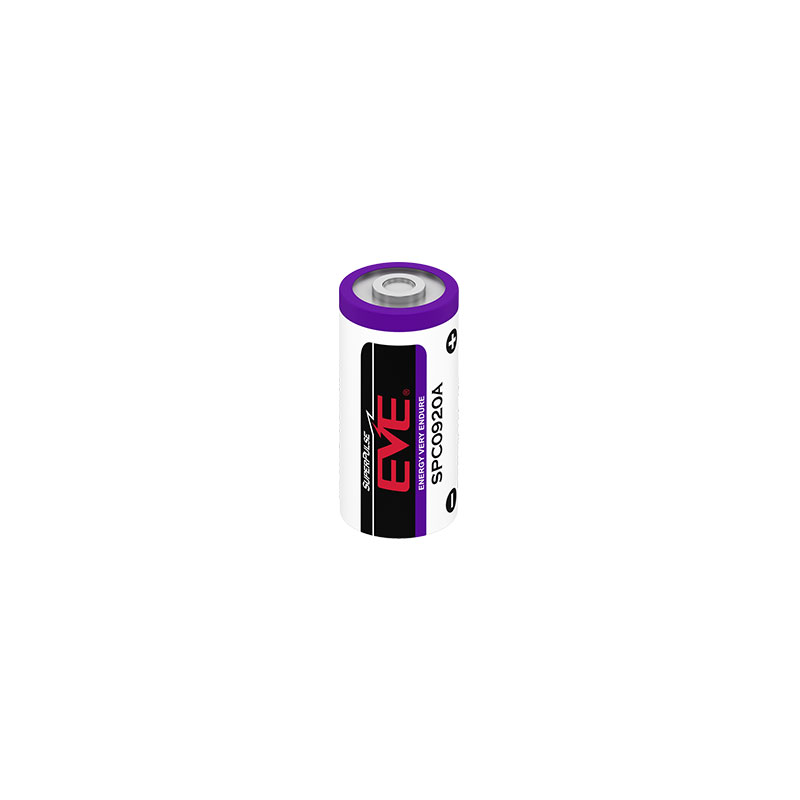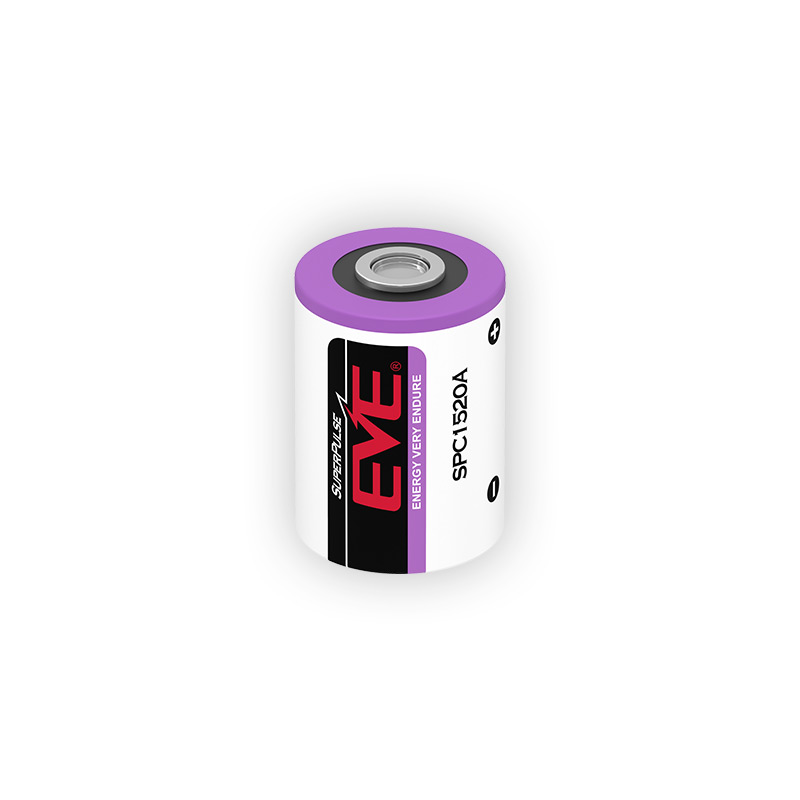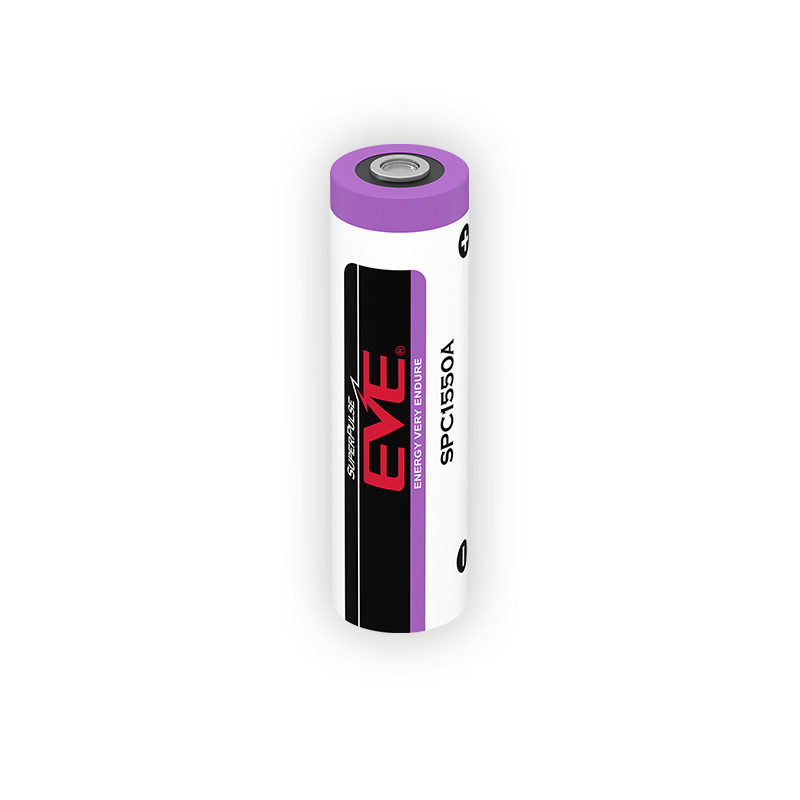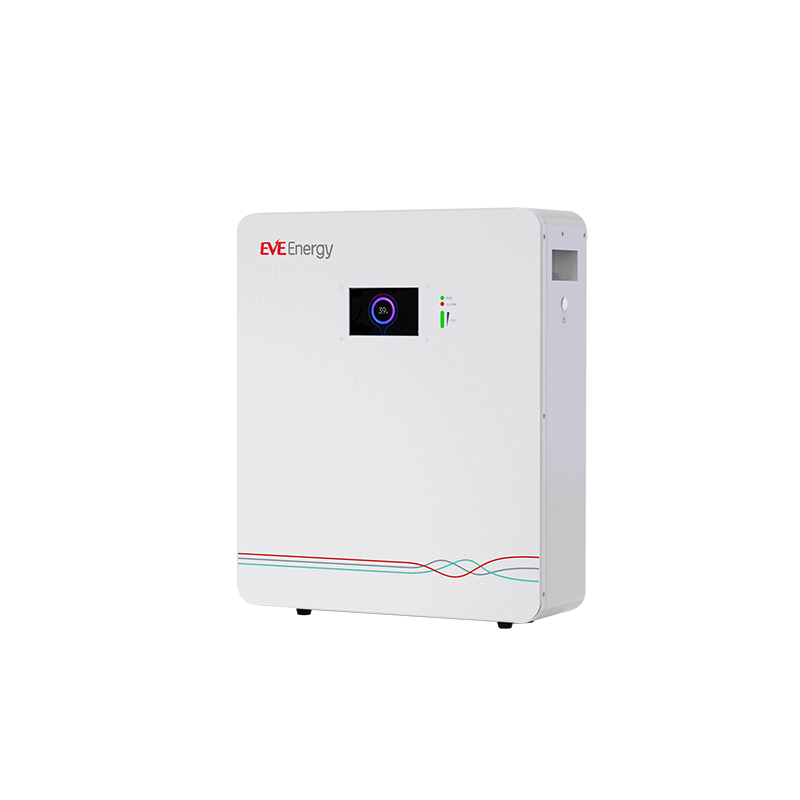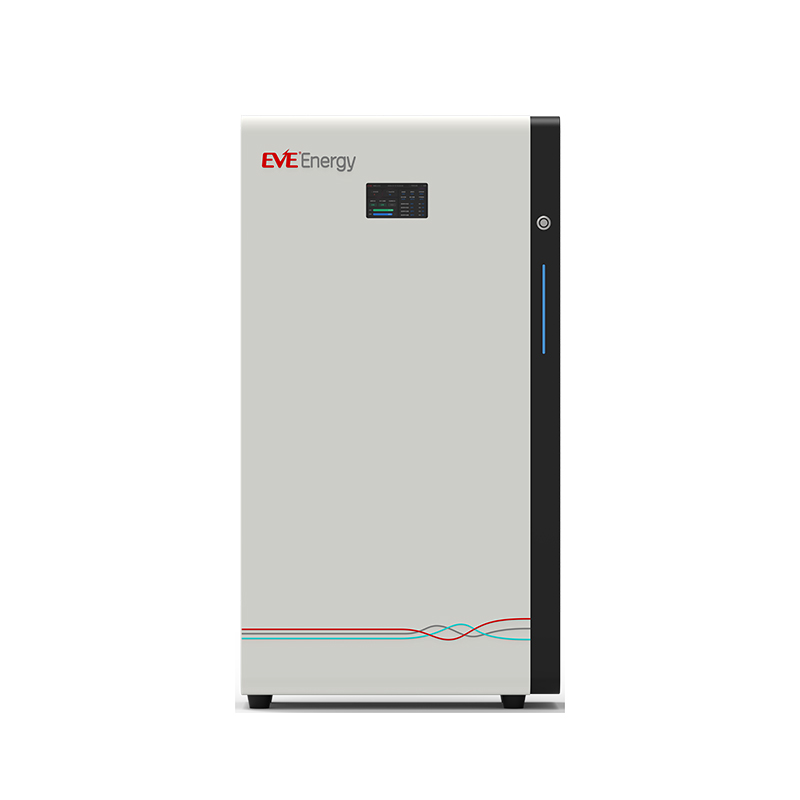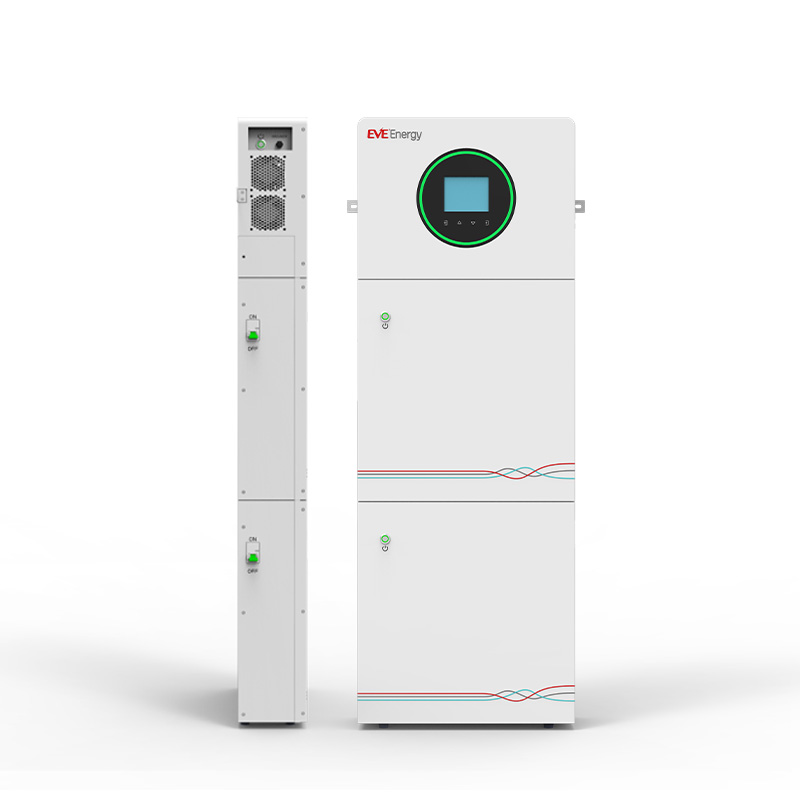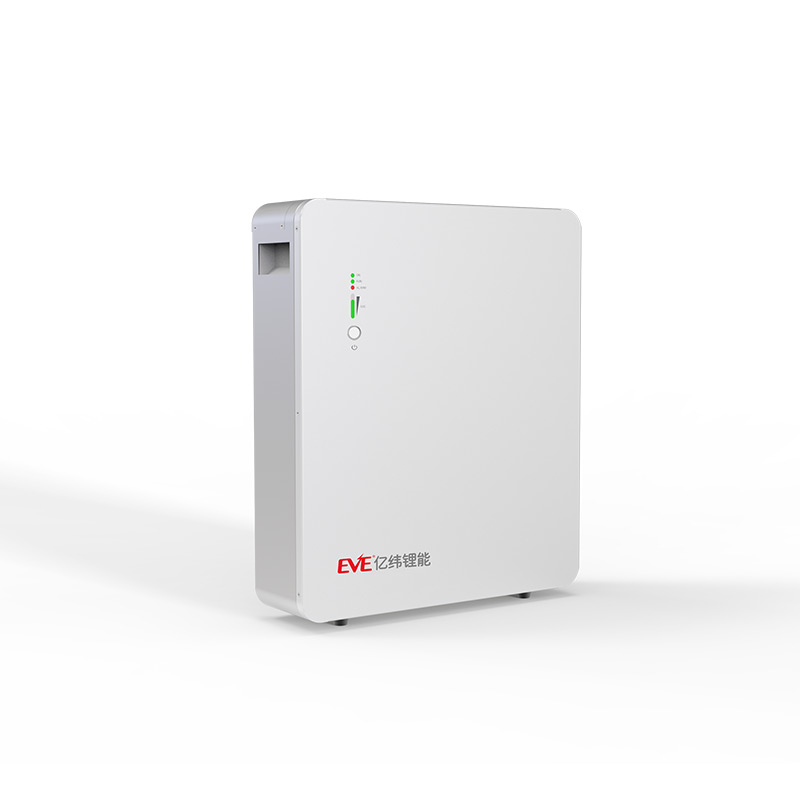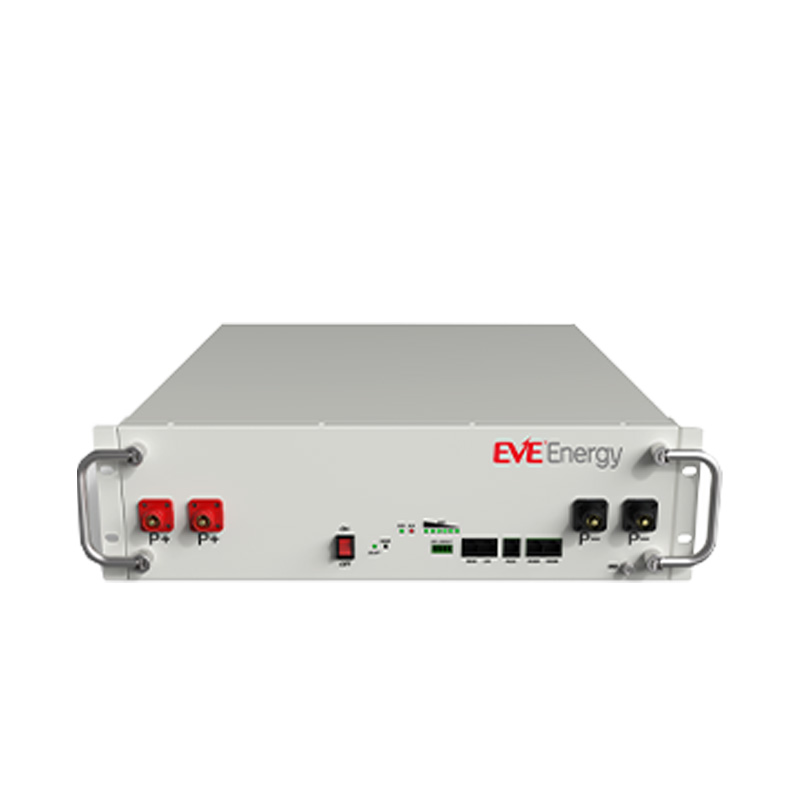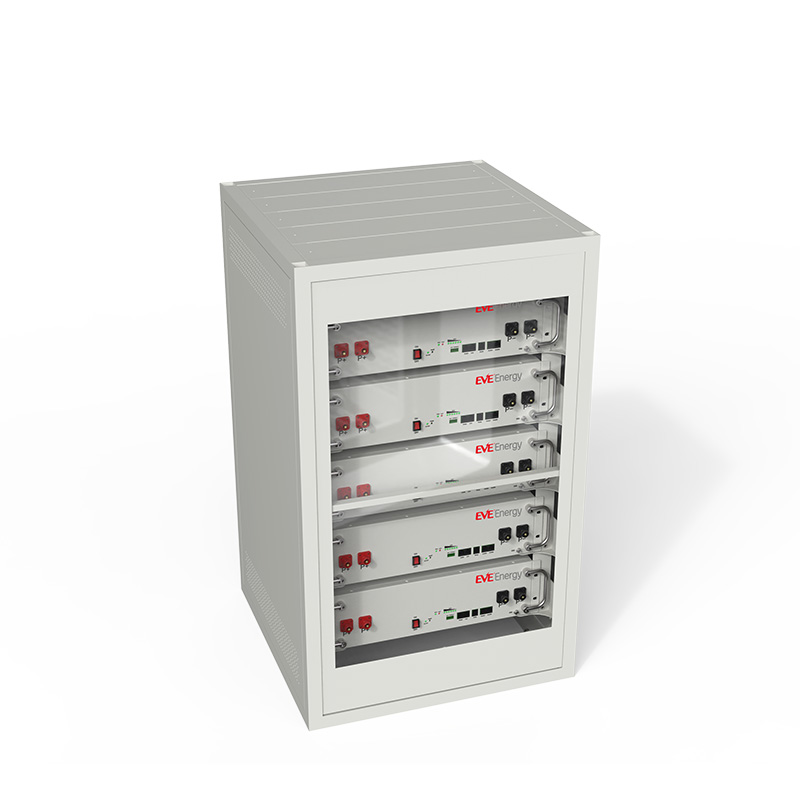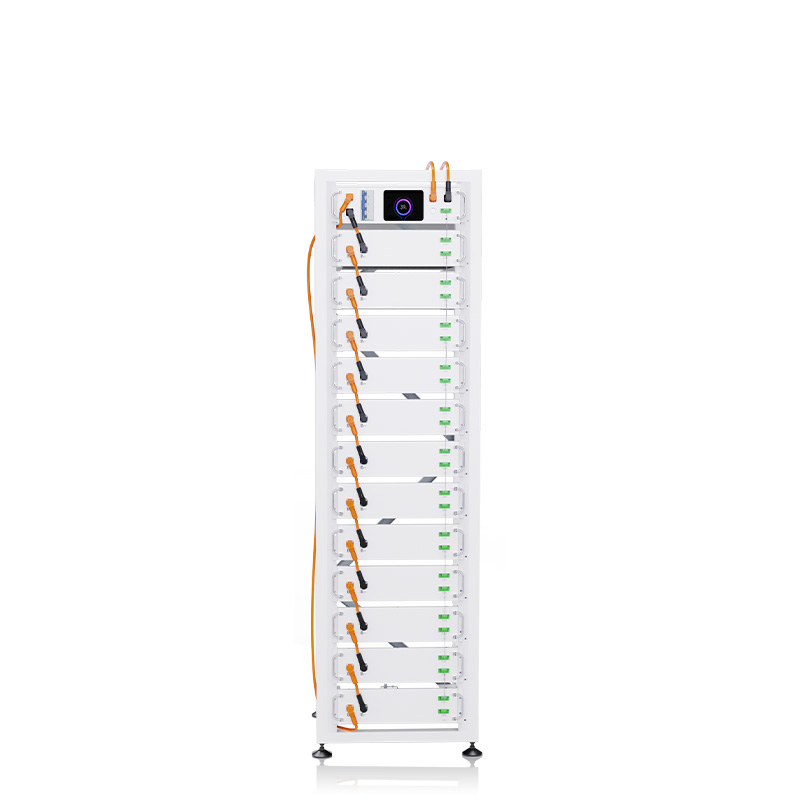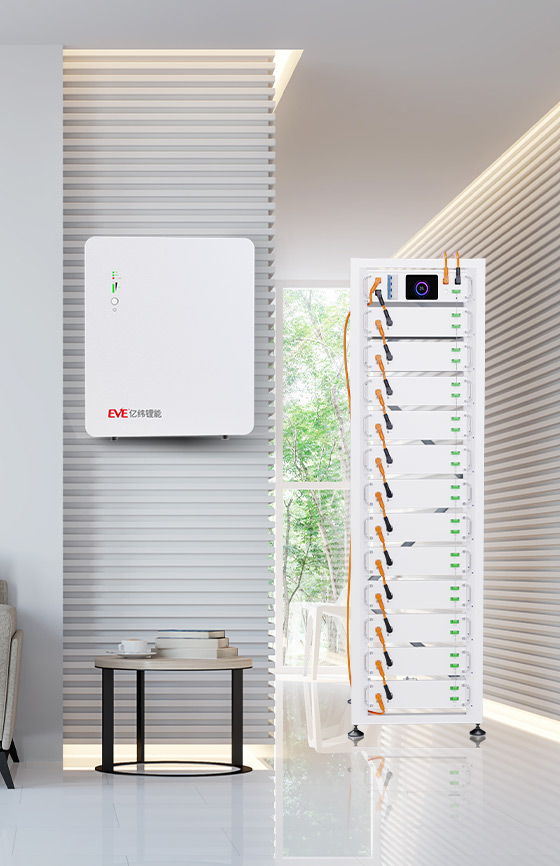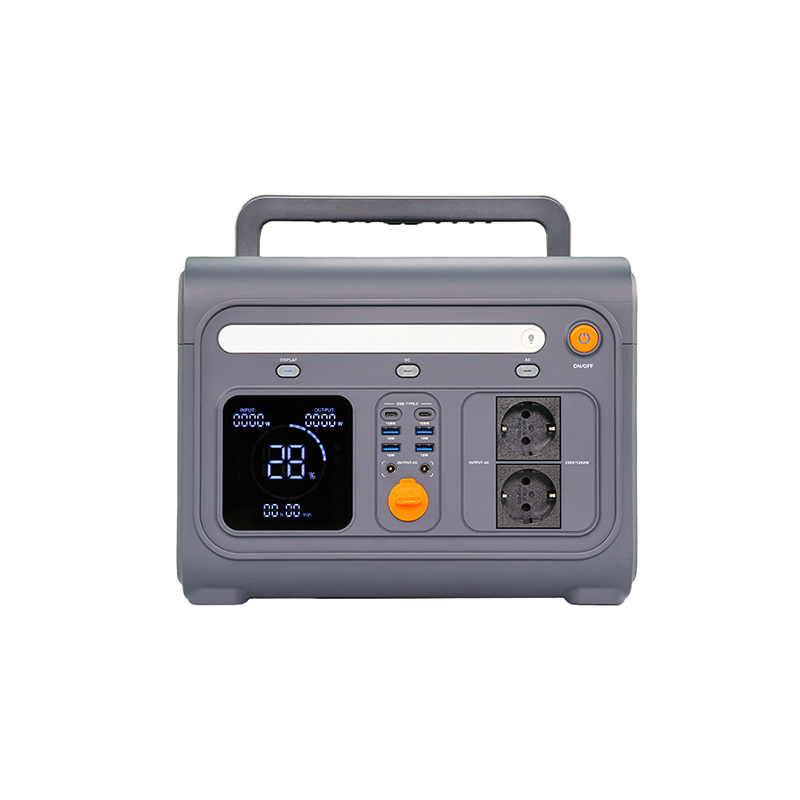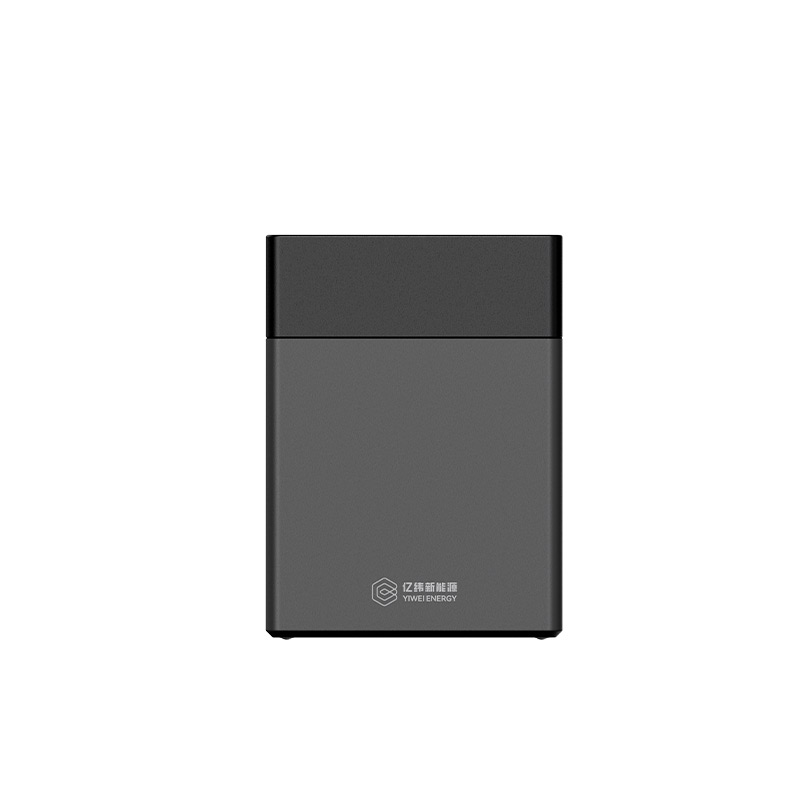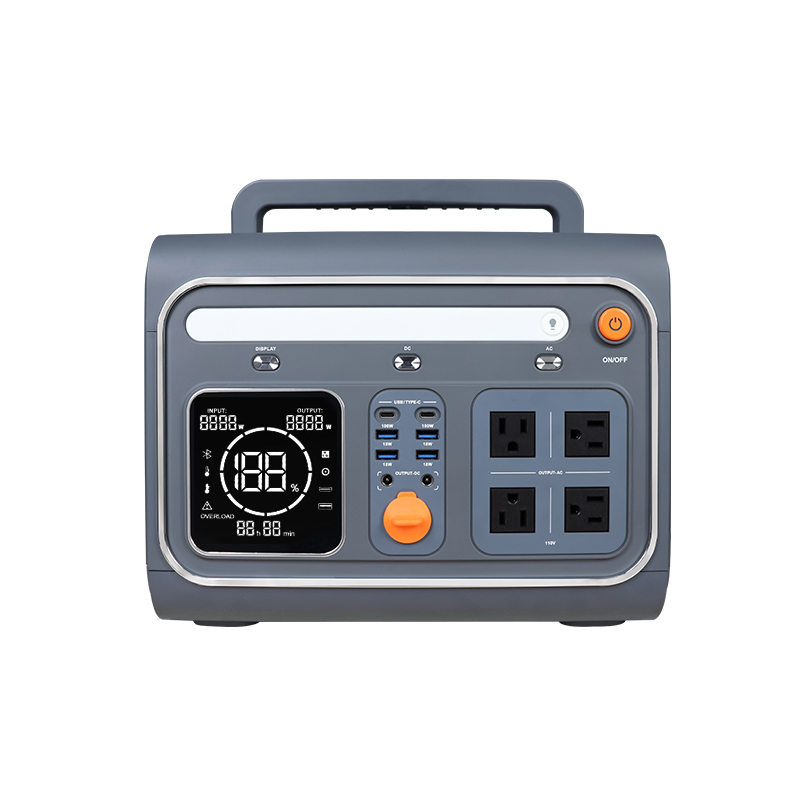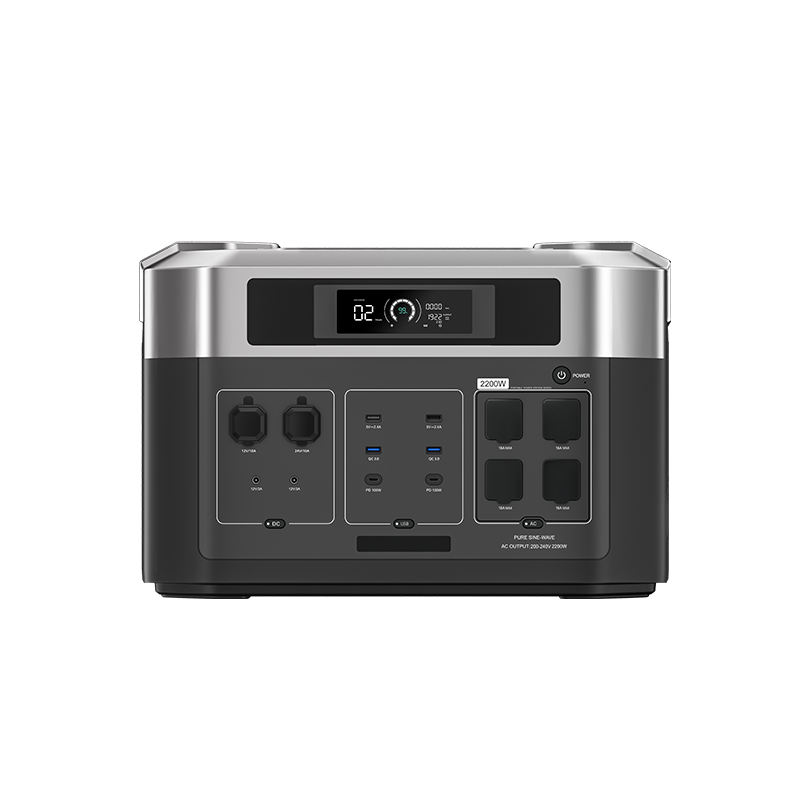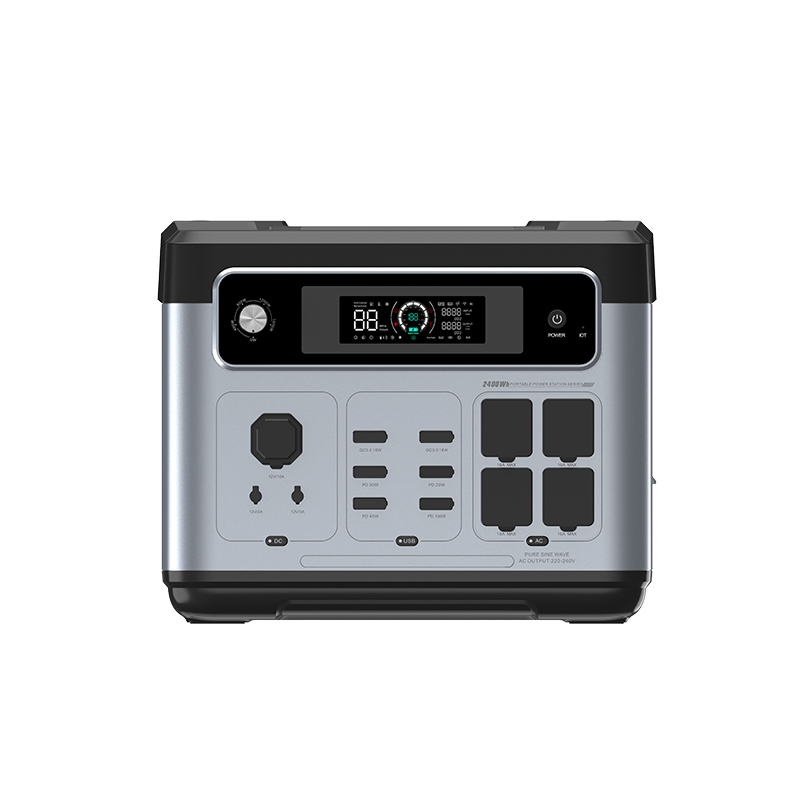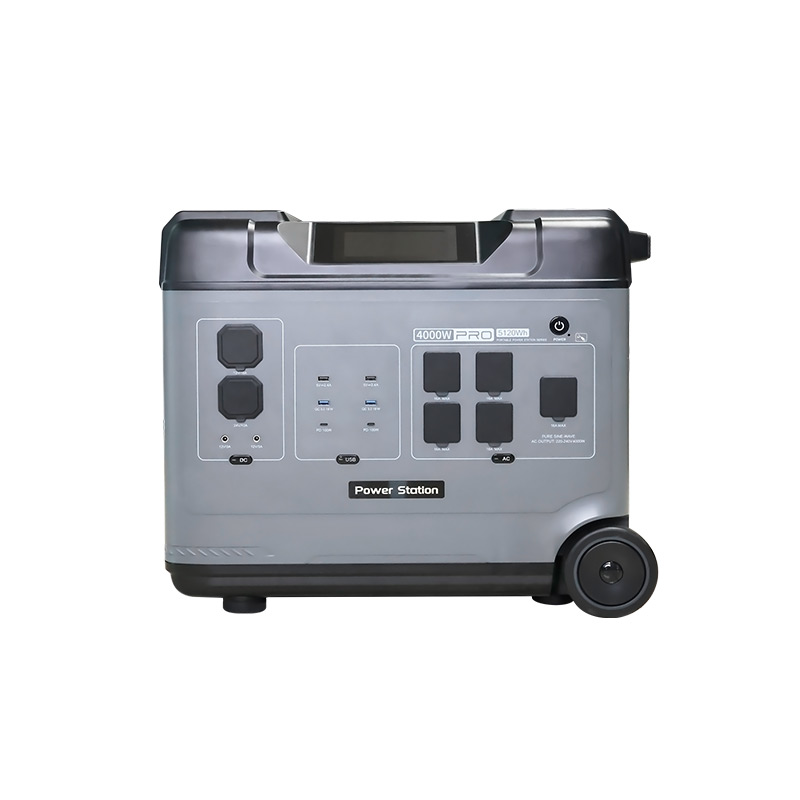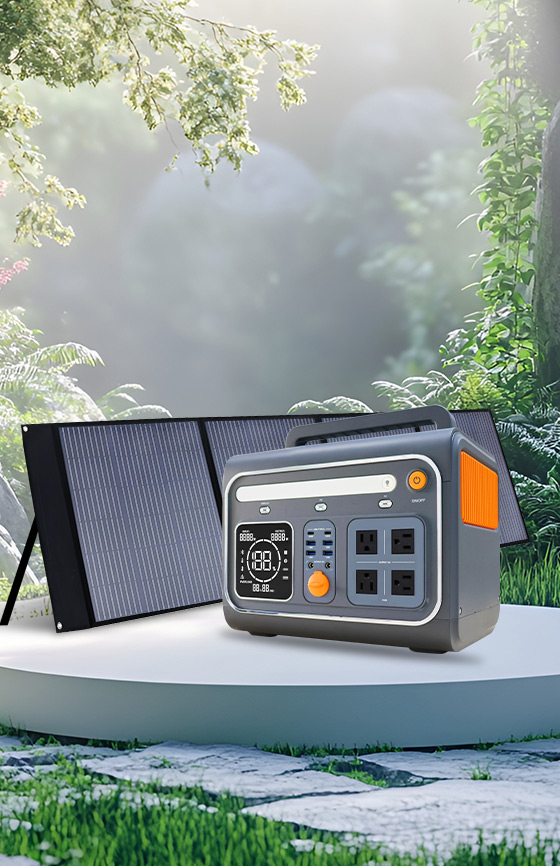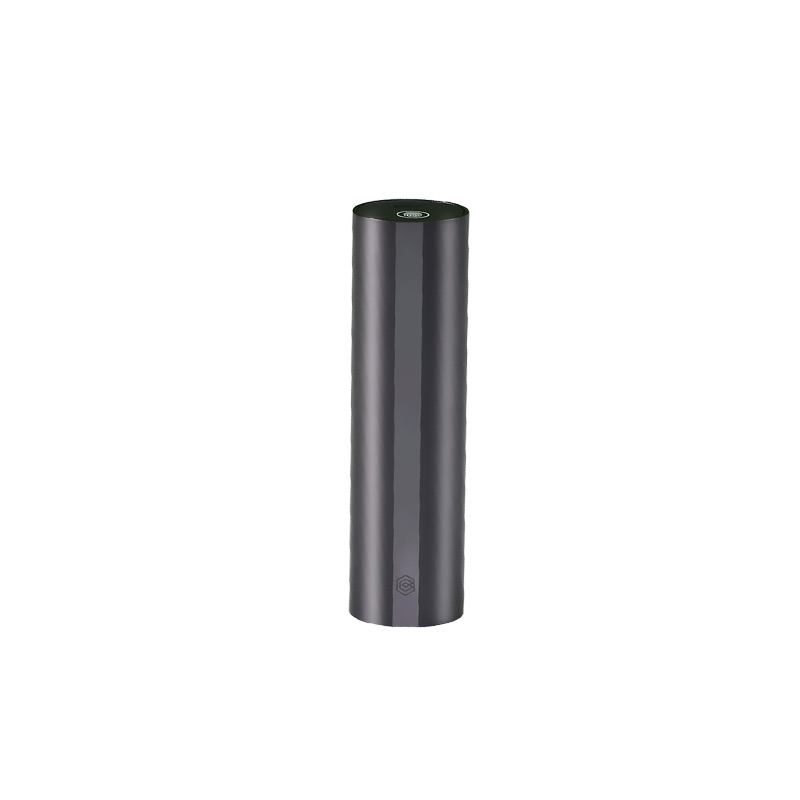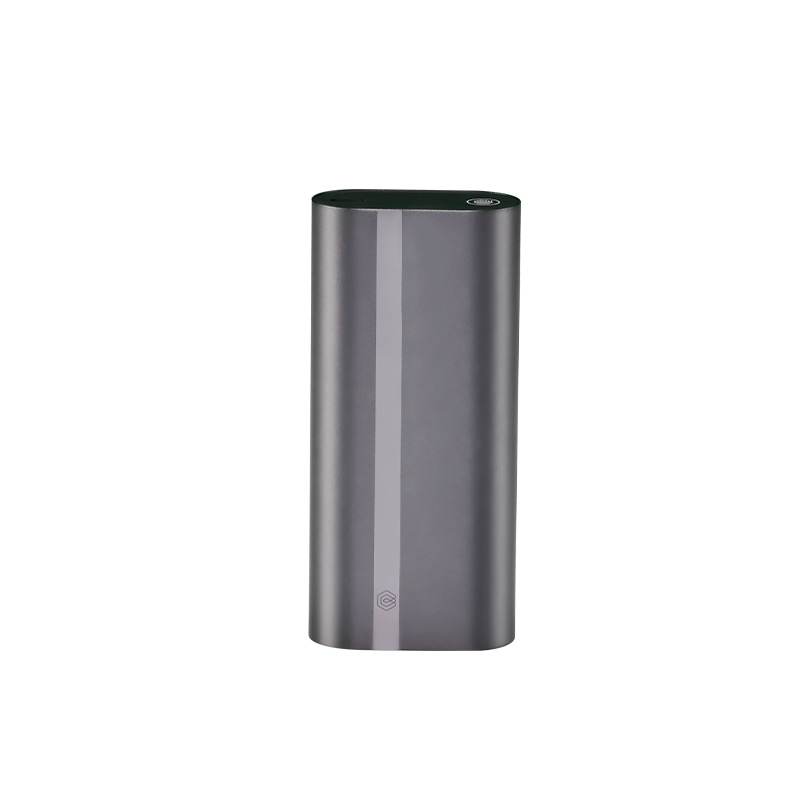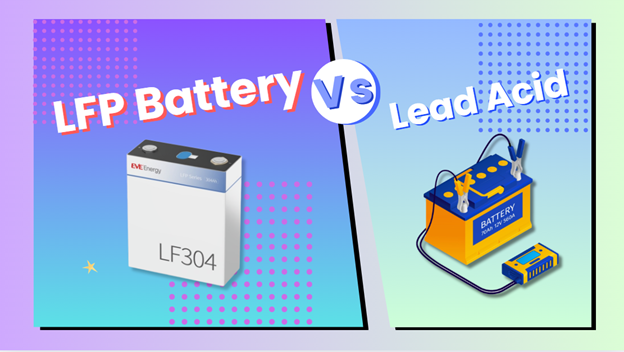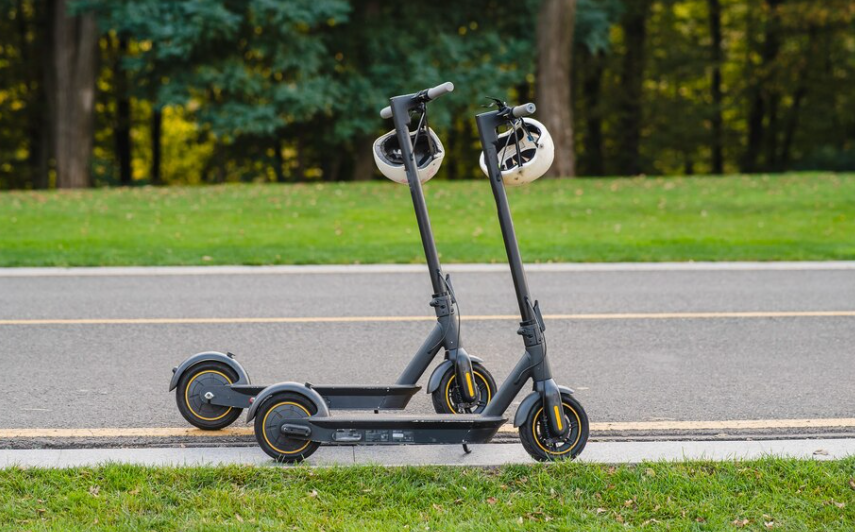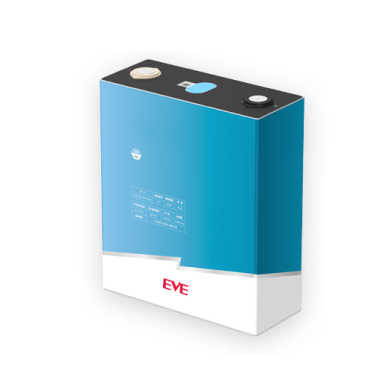How Does Household Energy Storage Keep the Lights on During Power Outage?
2025.05.28

Power outages are common worldwide; they disrupt daily life and cause significant inconveniences. European countries frequently experience power interruptions due to various factors, including aging infrastructure. As the reliability of traditional power grids becomes uncertain, the importance of household energy storage systems grows. These systems provide a dependable backup power source, ensuring that homes remain safe, functional, and comfortable during outages.
What is a Household Energy Storage System?
A household energy storage system is a setup designed to store electricity for later use. These systems are crucial for providing backup power during outages, emergencies and for managing energy usage efficiently. The primary components of a battery storage system include the following:
Battery:
It is the heart of the system. Batteries store the electrical energy generated from various sources, such as the traditional grid or solar panels, for later use. Modern batteries, such as lithium-ion, offer high energy density, longer life, and faster charging times.
Inverter:
The inverter converts the stored DC (direct current) power from the battery into AC (alternating current) power, which is the power form most household appliances use. It ensures that the household power stored in the battery can be utilized effectively during an outage.
Controller:
The controller regulates the charging and discharging of the battery, ensuring it operates within safe parameters. It also optimizes the performance of the system by balancing the energy input and output, protecting the battery from overcharging or deep discharging.
Battery Management System:
A Battery Management System (BMS) is a crucial component in a battery-powered system, ensuring a safe and efficient operation. The BMS protects the battery from dangers of overcharging, over-discharging, overheating, and short circuits, which can damage the battery or shorten its lifespan. Additionally, the BMS communicates with other system components to provide real-time data and optimize energy management.
How Does Household Energy Storage Help During Power Outages?
Household energy storage systems are essential for maintaining power during outages. When the grid fails, the electrical system automatically switches to the stored energy, providing a seamless transition to backup power. This ensures that your critical appliances, such as refrigerators, medical devices like CPAP machines powered by a CPAP portable power supply, and communication systems, remain operational. The system can keep the lights on, power essential devices, and maintain the home's comfort until the main power supply is restored.

How to Choose the Correct Capacity and Measure Home Power Needs?
Selecting the right capacity for a household energy storage system depends on the specific power needs of the home. Here are some tips for choosing the correct capacity:
Assess Energy Consumption:
Calculate the total energy consumption of your household. This includes identifying essential devices and their power requirements, typically listed in watts.
Determine Backup Duration:
Estimate the duration you need backup power. This can range from a few hours to several days, depending on the frequency and length of outages in your area.
Consider Future Needs:
Account for potential future increases in energy consumption, such as adding new appliances or expanding your home.
To measure your home's power needs, list all essential devices and their wattage, then calculate the total wattage required. For instance, if you need to power a refrigerator (150 watts), a CPAP machine (50 watts), and lights (100 watts), your total requirement would be 300 watts per hour. Multiply this by the number of hours you need backup power to determine the total energy storage capacity required.
Recommended System: EVE's Household Energy Storage EVE-LVW-5.0:
EVE provides the best power station for power outage; the EVE-LVW-5.0 is an excellent choice for reliable and efficient backup power. This system is designed to provide consistent power, ensuring that homes stay operational during outages. It features the advanced LF100LA battery cell, known for its high energy density, long life, and superior performance.
EVE LF100LA is a high-capacity prismatic LFP battery designed for robust performance and longevity. With a nominal capacity of 102Ah and a rated energy of 326Wh at a nominal voltage of 3.2V, this battery is an ideal choice for applications requiring substantial power and endurance. It offers a standard charge and discharge current of 0.2C at a comfortable operating temperature of 25℃±2℃, ensuring consistent performance. The LF100LA also boasts an impressive cycle life, with 5000 cycles at 25℃.
The EVE LF100LA is a versatile power solution for a variety of applications, particularly in the fields of telecommunications, energy storage, and residential power backup. Its high cycle life and wide operating temperature range make it an excellent choice for communication base stations and energy storage systems that require reliable and long-lasting power support.

Conclusion
Household energy storage systems are vital for ensuring continuous power during outages. By understanding your power needs and choosing a reliable system like EVE's EVE-LVW-5.0, you can maintain comfort and functionality in your home regardless of external power disruptions.
EVE's manufacturing capabilities are robust, with a powerful logistic network that ensures timely delivery and support. Our German warehouses make a 3-7 days delivery across Europe possible. We collaborate with renowned brands like GOODWE, GROWATT, DELTA, Powin, ZTE, etc., which demonstrates our reliability and quality in the energy storage industry.





